- Our Mission

Getting First Graders Started With Research
Teaching academically honest research skills helps first graders learn how to collect, organize, and interpret information.

Earlier in my career, I was told two facts that I thought to be false: First graders can’t do research, because they aren’t old enough; and if facts are needed for a nonfiction text, the students can just make them up. Teachers I knew went along with this misinformation, as it seemed to make teaching and learning easier. I always felt differently, and now—having returned to teaching first grade 14 years after beginning my career with that age group—I wanted to prove that first graders can and should learn how to research.
A lot has changed over the years. Not only has the science of reading given teachers a much better understanding of how to teach reading skills , but we now exist in a culture abundant in information and misinformation. It’s imperative that we teach academically honest research skills to students as early as possible.
Use a Familiar Resource, and Pair it with a Planned Unit
How soon do you start research in first grade? Certainly not at the start of the year with the summer lapse in skills and knowledge and when new students aren’t yet able to read. By December of this school year, skills had either been recovered or established sufficiently that I thought we could launch into research. This also purposely coincided with a unit of writing on nonfiction—the perfect pairing.
The research needed an age-related focus to make it manageable, so I chose animals. I thought about taking an even safer route and have one whole class topic that we researched together, so that students could compare notes and skills. I referred back to my days working in inquiry-based curriculums (like the International Baccalaureate Primary Years Program) and had students choose which animal to study. Our school librarian recommended that we use Epic because the service has an abundance of excellent nonfiction animal texts of different levels.
Teach the Basics for Organized Research
I began with a conversation about academic honesty and why we don’t just copy information from books. We can’t say this is our knowledge if we do this; it belongs to the author. Instead, we read and learn. Then, we state what we learned in our own words. Once this concept is understood, I model how to do this by creating a basic step-by-step flowchart taught to me by my wife—a longtime first-grade and kindergarten teacher and firm believer in research skills.
- Read one sentence at a time.
- Turn the book over or the iPad around.
- Think about what you have learned. Can you remember the fact? Is the fact useful? Is it even a fact?
- If the answer is no, reread the sentence or move onto the next one.
- If the answer is yes, write the fact in your own words. Don’t worry about spelling. There are new, complex vocabulary words, so use your sounding-out/stretching-out strategies just like you would any other word. Write a whole sentence on a sticky note.
- Place the sticky note in your graphic organizer. Think about which section it goes in. If you aren’t sure, place it in the “other facts” section.
The key to collecting notes is the challenging skill of categorizing them. I created a graphic organizer that reflected the length and sections of the exemplar nonfiction text from our assessment materials for the writing unit. This meant it had five pages: an introduction, “what” the animal looks like, “where” the animal lives, “how” the animal behaved, and a last page for “other facts” that could become a general conclusion.
Our district’s literacy expert advised me not to hand out my premade graphic organizer too soon in this process because writing notes and categorizing are two different skills. This was my intention, but I forgot the good advice and handed out the organizer right away. This meant dedicating time for examining and organizing notes in each combined writing and reading lesson. A lot of one-on-one feedback was needed for some students, while others flourished and could do this work independently. The result was that the research had a built-in extension for those students who were already confident readers.
Focus on What Students Need to Practice
Research is an essential academic skill but one that needs to be tackled gradually. I insisted that my students use whole sentences rather than words or phrases because they’re at the stage of understanding what a complete sentence is and need regular practice. In this work, there’s no mention of citation language and vetting sources; in the past, I’ve introduced those concepts to students in fourth grade and used them regularly with my fifth-grade students. Finding texts that span the reading skill range of a first-grade class is a big enough task.
For some of the key shared scientific vocabulary around science concepts, such as animal groups (mammals, etc.) or eating habits (carnivore, etc.), I created class word lists, having first sounded out the words with the class and then asked students to attempt spelling them in their writing.
The Power of Research Can Facilitate Student Growth
I was delighted with the results of the research project. In one and a half weeks, every student had a graphic organizer with relevant notes, and many students had numerous notes. With my fourth- and fifth-grade students, I noticed that one of the biggest difficulties for them was taking notes and writing them in a way that showed a logical sequence. Therefore, we concluded our research by numbering the notes in each section to create a sequential order.
This activity took three lessons and also worked for my first graders. These organized notes created an internal structure that made the next step in the writing process, creating a first draft of their nonfiction teaching books, so much easier.
The overall result was that first graders were able to truly grasp the power of research and gathering accurate facts. I proved that young children can do this, especially when they work with topics that already fascinate them. Their love of learning motivated them to read higher-level and more sophisticated texts than they or I would normally pick, further proving how interest motivates readers to embrace complexity.

FREE 1st Grade Research Paper Writing Template
Use curiosity driven learning to introduce your youngest learners to the fun of report writing with this free printable research paper template perfect for first grade, second grade – and even kindergarten.
[social_warfare]

Wait, research papers in kindergarten & first grade already?
You may not think of assigning your budding student a research paper before they can spell “research,” but learning to love the research process and report on their findings can be a wonderful goal for your child’s education.
The world is teeming with amazing things to discover. You can guide your young ones through the process of discovery and presentation while using their own curiosity to open up the world of exciting education.
Writing a paper does NOT have to be an overwhelming task.
This is one of my main goals in homeschooling my girls. As students climb to higher grades, writing papers becomes an essential part of their grading, application processes, and education overall. I dreaded papers growing up and want to teach my kids early on (yes, VERY early on) that writing research papers even as early as in first grade can be a fun way to present all their hard work in researching a topic that really came alive to them.
This free First Grade Research Paper Writing Template will help kids get excited about learning something new.
Your child can choose any topic they want to learn about for this writing template. This can be used with pre-writers and struggling writers because they can often choose drawing over writing.
Various writing prompts guide them through the discovery process which include:
- Draw a picture of what you want to learn about.
- Write down your topic
- Find a book about your topic at your local library
- Draw a picture of the cover of the book you found
- What letter does your topic start with? Draw as many of that letter as you can in the space below
- Write or draw about 1 new thing you learned about
- 3 questions I have about my topic are
- 3 books I found about my topic
- New questions you have during your reading
- Draw or sketch something new you learned from one of your books
- Write an idea for an activity you can do to learn more about your topic
- 3 new words you learned during your reading and their meanings
- Write about someone that you learn about when researching your topic
- Glue a picture of this person here
- Write basic facts about this person
- Write about your experience doing your related activity

7 Pages include a mix of writing a drawing to keep your child interested and proud in presenting what they’ve learned. Use any or all the pages – whichever work best for your child. (report cover not shown)
Mix & Match Different Level Prompts To Fit Your Child’s Ability

My kindergartener chose to learn about flowers. She drew the flowers from the cover of the book, practiced writing the letter F, and drew a picture of the parts of a flower.

My 6 year old chose to learn about gymnastics and completed a report about the subject, including presenting what she learned about a famous gymnast
This free report writing template includes both pages geared more towards kindergarten students and pages more suitable for 1st or 2nd grade students. You can choose the pages that work best for your child’s level and writing ability. This works well for children of different ages as well. Your younger ones can use the pre-writer’s pages while your older students can report on more books, a person they learned about, and an activity they did to learn more about their topic.
I hope you enjoy this research paper writing template for kindergarten, 1st grade and even 2nd grade students!
I create these resources myself free of charge as a gift to other homeschool families. If you like this printable, please share it on social media. It makes a HUGE difference when people share my printables, so THANK YOU!!
Fun Amazon Finds For This Printable:
[clickToTweet tweet=”Go Download This Free 1st Grade Research Paper Writing Template!” quote=”Go Download This Free 1st Grade Research Paper Writing Template!” theme=”style3″]

Get this freebie PLUS access to the entire PK1Kids Subscriber Freebies Library by signing up below:
Check your inbox or spam folder for the password to unlock the entire PK1Kids Freebies Library.
🙂 I hope you like this free printable! Please share it if you do and help me grow my little website! 🙂
Linked Up At:
Made For Kids at The Resourceful Mama / The Educators’ Spin On It / What Joy Is Mine / The Modest Mom Blog / Parent Teacher Meet Up / A Mama’s Story / Titus 2 Tuesdays on Cornerstone Confessions / Thoughtful Spot on P Is For Preschooler / Mommy Monday on Mrs. A Ok / Meetup Monday on The Quinntessential Mommy / Chaotic Bliss Homeschooling / Good Tips Tuesday / Laugh And Learn at Los Gringos Locos / Hip Homeschool Moms / True Aim Mom’s Library / Turn It Up Tuesday at Epic Mommy Adventures / A Little Bird Told Me / Resources and Solutions For Moms at Crystal & Co. / Ducks N A Row Wonderful Wednesday Blog Hop / Frugal Mommas / From House To Home at I Choose Joy / Tell It To Me Tuesdays / Hearts For Home / Happy Home Life / Learning Kid Link Up at Tree Valley Academy / Dear Homeschooler / Family Fun Friday at Happy and Blessed Home / Homeschool Creations / Homeschool Mothers Journal / TGI Saturdays
Related Posts

17 Comments
[…] Curiosity Driven Report Writing For Little Ones […]
I was so glad to see this this morning. I am working on report writing with my wee one right now!
Oh that makes me so happy! Let me know if you use it and how it went! 🙂
This is how learning should be! I think my daughter would have chosen gymnastics as a topic, too – it’s her new favorite thing to talk about, lol!
Thanks for commenting! I had her in gymnastics when she was a toddler – before her sisters were born. It was wonderful. But now with three kids it’s so expensive and logistically challenging! We did find some great videos on YouTube of gymnastics competitions so that was a great way to feed her interest. Have a great day!
This is great! Thanks!
I hope you find a good use for it. Thanks for stopping by! 🙂
I love this! I’ll have to download it and use it for myself. Thank you so much for sharing and for linking up!
I hope your girls get something good out of it! Thanks for hosting your linkup!
[…] Report Writing for Little Ones from “PK1HomeschoolFun” […]
[…] If you’d like a report template for older kids, try my Curiosity Driven Report Printable. […]
[…] Previous Next […]
Is this still available for download? When I click on the button, it just takes me back to the sign up page.
Hi, Yes! You’re probably just missing the welcome email with the freebies password. Check your email spam/junk folder for the link 🙂 Feel free to email me if you still have trouble. -Christy
I would like to print this but can’t find the link
Hi, this is in my Subscriber Freebies Library. Click here: https://pk1kids.com/pk1kids-subscriber-freebie-library/ and enter the current password from my emails. Enjoy!
Leave A Comment Cancel reply
Save my name, email, and website in this browser for the next time I comment.
Yes, add me to your mailing list
This site uses Akismet to reduce spam. Learn how your comment data is processed .
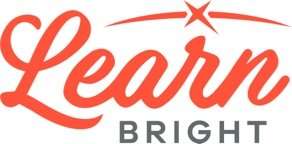
Research Writing (Grades 1-2)
Our Research Writing lesson plan for grades 1-2 introduces students to the concept of research writing and the importance of being factually accurate in research writing. Students practice doing basic research and writing paragraphs based on this research with their classmates.
Description
Additional information.
Our Research Writing Lesson Plan for grades 1-2 teaches students about the importance of researching and reporting findings accurately and effectively. Being able to clearly and accurately inform and communicate findings through writing is a valuable skill that students will need in many areas of their lives. Gathering and summarizing key information will also be a powerful tool for academic reading and writing throughout upper grades and higher education. In this lesson, students are asked to use the information they have learned and their collaboration skills to create a group outline for a research paper and do shared research. Students will then work independently to write their own paragraphs based on this group research.
At the end of the lesson, students will be able to participate in shared research and research writing to create an expository paragraph that shares their findings.
| subject | Language Arts |
|---|---|
| grade-level | 1st Grade, 2nd Grade |
| State Educational Standards | LB.ELA-LITERACY.W.1.7, LB.ELA-LITERACY.W.1.8, LB.ELA-LITERACY.W.2.7, LB.ELA-LITERACY.W.2.8 |
Thank you for submitting a review!
Your input is very much appreciated. Share it with your friends so they can enjoy it too!
Great material!!!
This website is amazing!!! S ok much to choose from. They really thought of everything. Thank you so much!!!
Related products

Talk or Listen

Phonemes: Trigraphs with S and T
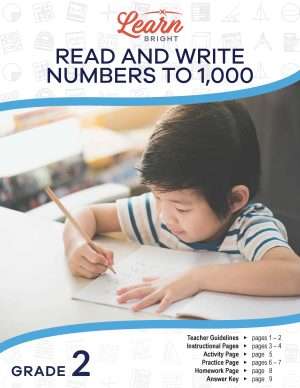
Read and Write Numbers to 1,000
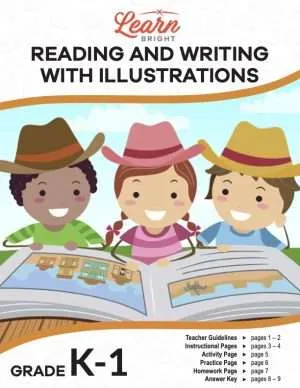
Reading and Writing with Illustrations
Make your life easier with our lesson plans, stay up-to-date with new lessons.

- Lesson Plans
- For Teachers
© 2024 Learn Bright. All rights reserved. Terms and Conditions. Privacy Policy.
- Sign Up for Free

5 Research-based Practices for Kindergarten and First Grade
Here's what every kindergarten and first grade teacher should be doing..
Posted June 1, 2017
- Understanding Attention
- Take our ADHD Test
- Find a therapist to help with ADHD
[Note: In this guest post, two renowned former kindergarten teachers who wrote about the extraordinary literacy successes of children in their classrooms (Feldgus & Cardonick, 1999) show how today’s cutting -edge research in cognitive psychology and neuroscience supports the best practices they and their colleagues have advocated and honed for three decades. What they discovered intuitively and through reflection and collaboration is now cutting-edge best practice in 21st century kindergartens.]
5 Powerful Research-Based Techniques for Exemplary Kindergartens Today
By Eileen Feldgus PhD and Isabell Cardonick MEd
The recent high-profile spotlight on a landmark study in Developmental Psychology has drawn attention to research by Canadian cognitive psychologists Gene Ouellette and Monique Sénéchal (2017). In some respects Ouellette and Sénéchal discovered what we, Eileen and Isabell, have advocated for decades: a powerful connection to improved end-of-first-grade reading scores through the use of early writing and invented spelling. The study’s title, “Invented Spelling in Kindergarten as a Predictor of Reading and Spelling in Grade 1: A New Pathway to Literacy, or Just the Same Road, Less Known?”(Ouellette and Sénéchal, 2017), reflects what exemplary kindergarten teachers have known about the powerful writing/reading connection for years—kid writing is a pathway to reading success. But this work is still not well known or universally practiced. This less-known pathway is the one we traveled. Starting out as passionate kindergarten teachers in the 1960’s and 70’s, we were ardent about creating classrooms that worked for children. We devoured the research of that era and became life-long learners throughout our careers. Early on we discovered better outcomes for children as we focused more on writing, encouraged invented spelling, developed innovative strategies for teaching phonics and eliminated boring worksheets. Today in 2017 five best-practice techniques we discovered in our practice are now wholly supported by research and recommended for today’s kindergartens and first grades.
1. Use Invented Spelling (Ouellette & Sénéchal, 2017). We found invented spelling to be joyful, motivational for our students, and wonderful in terms of providing opportunities for scaffolding and systematically teaching almost all important aspects of the kindergarten literacy curriculum including phonics, phonemic awareness, knowledge of the alphabet, writing conventions, and vocabulary development. But perhaps the most amazing discovery throughout our journey was that kids had remarkable capacities to make meaning if we supported them in the process and allowed their creative juices to flow. Early on we learned as we had read in Don Graves’ research (1983), that kids write best when we step back and allow them to choose their own topics and give them ownership and autonomy. We called our teaching model, “Kid Writing” (1999). Our model fit perfectly with a growing model now called Guided Reading for differentiated reading instruction (Fountas & Pinnell, 2012) and we put in a whole layer underpinning Lucy Calkins work (2003) by showing teachers exactly how to get started and how to move forward with writing workshop and formative assessment. Here are a few samples that illustrate kids’ capacity to grow and flourish as writers in kindergarten:
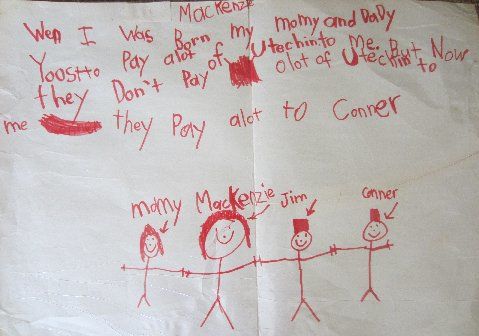
When I was born my mommy and daddy used to pay a lot of attention to me. But now they don’t pay a lot of attention to me. They pay a lot to Conner.
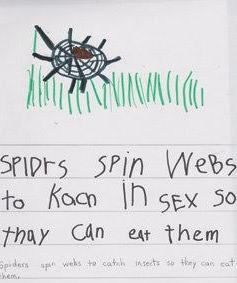
2. Abandon teaching “Letter of the Week (Reutzel, 1992, 2015). Teaching one letter per week was standard practice in kindergarten when we began teaching. We tried our best to jazz up our teaching of the alphabetic principle because we knew it was essential to breaking the code and reading. Our students sang for the letter, danced for the letter, cooked for the letter, and cut and pasted for the letter. We took elaborate measures to teach the alphabet and sounds because we knew it was important. One fond memory was our “P” Party:” we served foods beginning with P—pizza, pretzels, popcorn, pepperoni, and the like. But with letter of the week the pace was too slow, and as far back as 1992 researchers were noticing the same problem and cautioning teachers to “break the letter-a-week tradition.” (Reutzel, 1992)
So in our classrooms we began to use children’s names on the first day of kindergarten—from Albert to Zoie—and learned to focus on all the sounds and letters from the very beginning. In contrast to when we were using letter of the week our students mastered letters and sounds far sooner.
Today, as reported by Reutzel (2015), “research has identified six evidence- based alphabet letter learning orders through which young children may acquire knowledge of alphabet letter names and sounds (Justice, Pence, Bowles, & Wiggins, 2006 ).” And guess what? “The first learning order is called the own-name effect.” (Reutzel, 2015) We got it right before the research proved it!
3. Use Invented Spelling and a Developmental Writing Scale to monitor progress (Gentry, 2006, 2000). Even before we published the first book on Kid Writing, we were collaborating with Richard Gentry on how to use a developmental spelling/writing assessment along with a developmental rubric to show how young children’s progression through five phases of developmental spelling revealed—among other things—the individual child’s understanding of phonics and his or her invented spellings as evidence of what the child knew or did not know. We found this work to be much more powerful for targeting instruction and monitoring kindergartners’ progress than traditional spelling tests or even measures of phonemic awareness and alphabet knowledge. Progress monitoring by phase observation is now supported by empirical research! (Ouellette & Sénéchal, 2017)
When we started out as neophyte teachers, kids were simply memorizing words that we gave them on a list. We learned to scaffold what they were using in their invented spelling and to show them how English spelling works. Our teaching went from giving lists of what to spell to showing kids how to spell and invented spelling was our vehicle! Without getting into the particulars of an analysis, look at the following samples that show one kindergarten child’s remarkable progress from fall to spring of her kindergarten year.
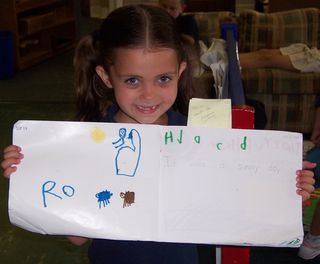
September sample: It was a sunny day.
June sample: Tuesday my tooth was wiggling. When it was in my mouth, it bled. When it fell out, it stopped bleeding. My mom gently pulled it out with a paper towel and I was happy that it fell out.
4. Let go of worksheets! (Palmer & Invernizzi, 2015). We found that teaching and learning in our classrooms improved when we abandoned worksheets. Remember those nonsensical work sheets where children were to write the letter that the word for each picture would begin with? When we first began teaching we remember students who squirmed with sit-at-the-desk busy worksheets and struggled over the Y is for Yak worksheet wondering why Y was the match for the first sound in “goat” which is the picture they saw on the worksheet.
5. Teach children to stretch though a word with a moving target. (Feldgus, Cardonick, & Gentry, 2017) Research by Ouelette, validated our Stretching Through a Word with a Moving Target teaching methodology. Their research, “confirmed that facilitating invented spelling within a Vygotskian teaching approach can bring about benefits in learning to read and spell, and these benefits go beyond the expansion of alphabetic knowledge and phonological awareness.

Our stretching through technique, for example, helped kids move from l for lady in Phase 2 to lad in Phase 3 to ladee in syllable chunks in Phase 4 on the way to conventional lady . The stretching through technique met kids where they were and supported them in moving to higher levels of spelling sophistication from phase to phase.
Keep the Faith—Keep the Passion—Keep Your Kids Writing
One thing that hasn’t changed over the years is our passion for literacy-learning classrooms for beginners. Today as staff developers and authors, we continue to encounter kindergarten teachers all over America and beyond who share our passion, devotion to children, and vision for joyful, play-based, academic kindergarten and first grade classrooms. We believe implementing these five research-based strategies surrounding kid writing will be transformational in America. It is the answer to reversing the decades-old trend of flat-lined first grade reading scores!
For details on these five strategies and creating joyful kid-writing classrooms that work, check out our comprehensive guide for kindergarten and grade 1 teachers: Kid Writing in the 21st Century: A Systematic Approach to Phonics, Spelling and Writing Workshop (Hameray, 2017).
Link to Kid Writing to learn more.
Dr. J. Richard Gentry is the author of Raising Confident Readers, How to Teach Your Child to Read and Write–From Baby to Age 7 . Follow him on Facebook , Twitter , and LinkedIn and find out more information about his work on his website .
Calkins, L. M. (2003). The Nuts and Bolts of Teaching Writing. Portsmouth, NH: Heinemann.
Feldgus, E., Cardonick, I. & Gentry, J. R. (2017). Kid Writing in the 21st Century . Las Angeles, CA: Hameray Publishing Group.
Fountas, I. and Pinnell, G.S.(2013). The Reading Teacher. 66 (4) 268-284.
Gentry, R. (2006). Breaking the code: The new science of beginning reading and writing . Portsmouth, NH: Heinemann.
Gentry, R. (2000). A retrospective on invented spelling and a look forward. The Reading Teacher . 54 (3) 318-332.
Graves, D. H. (1983). Writing: Teachers and Children at Work . Portsmouth, NH: Heinemann.
Justice , L.M. , Pence , K. , Bowles , R.B. , & Wiggins , A. ( 2006 ). An investigation of four hypotheses concerning the order by which 4- year- old children learn the alphabet letters. Early Childhood Research Quarterly , 21 ( 3), 374 – 389 .
Ouelette, G. & Sénéchal, M. (2017). Invented spelling in kindergarten as a predictor of reading and spelling in grade 1: A new Pathway to literacy, or just the same road, less known? Developmental Psychology . 53 (1) 77– 88. http://dx.doi.org/10.1037/dev0000179
Palmer, J. & Invernizzi, M. (2015). No More Phonics and Spelling Worksheets . Portsmouth NH: Heinemann.
Reutzel, D. R. (2015). Early literacy research: Findings primary-grade teachers will want to know. The Reading Teacher . 69, (1), 14–24. DOI: 10.1002/trtr.1387 © 2015 International Literacy Association
Reutzel , D.R. ( 1992 ). Breaking the letter- a- week tradition: Conveying the alphabetic principle to young children. Childhood Education , 69 ( 1 ), 20 – 23 .

J. Richard Gentry, Ph.D. , is an expert on childhood literacy, reading, and spelling. He is the author of Raising Confident Readers: H ow to Teach Your Child to Read and Write—Baby to Age 7 .
- Find a Therapist
- Find a Treatment Center
- Find a Psychiatrist
- Find a Support Group
- Find Online Therapy
- United States
- Brooklyn, NY
- Chicago, IL
- Houston, TX
- Los Angeles, CA
- New York, NY
- Portland, OR
- San Diego, CA
- San Francisco, CA
- Seattle, WA
- Washington, DC
- Asperger's
- Bipolar Disorder
- Chronic Pain
- Eating Disorders
- Passive Aggression
- Personality
- Goal Setting
- Positive Psychology
- Stopping Smoking
- Low Sexual Desire
- Relationships
- Child Development
- Self Tests NEW
- Therapy Center
- Diagnosis Dictionary
- Types of Therapy

Sticking up for yourself is no easy task. But there are concrete skills you can use to hone your assertiveness and advocate for yourself.
- Emotional Intelligence
- Gaslighting
- Affective Forecasting
- Neuroscience

Resources for librarians, teachers, parents, & grandparents

Researching with 1st Grade-Teaching Good Research Steps
Mar 19, 2015 • 2 Comments
Teaching good research habits to younger grades is a very important part of being a librarian. In the past, I have introduced the research steps using a lesson that connected the Big 6 steps to following a recipe for making an apple pie. You can read about this “Recipe for Research” lesson on my blog here. Typically, after I do this lesson, we would investigate Non-Fiction books, Text Features, and databases, and then they would do their research later in their classrooms with their teachers. This year, I wanted to be more involved in helping them learn how to do the actual research part, so I decided to do a mini-research project with my first graders as part of their library lessons. Step #1 I started off by asking them what they wanted to learn more about. Most of them answered with some sort of animal, so we decided that our first research project together would be about animals. This was actually perfect, as w e had just finished reading the book Those Darn Squirrels by Adam Rubin. (By the way, if you haven’t read this, it’s a FANTASTIC book. The kids LOVE raising their fists and shouting “Those Darn Squirrels!” whenever Old Man Fookwire yells at the crazy squirrels in his backyard. Plus, they were super excited to find out that there are 2 more books in the series!)
I told them that I was going to research Squirrels since we had just read about them, and then I introduced them to PebbleGo . This is an absolutely FANTASTIC database by Capstone Digital! It is ideal for younger grades, and makes it super easy for them to find information. Each topic is divided into 6 main tabs: body, habitat, food, life cycle, fun facts, and related articles. Each tab allows the student to either read or listen to the information, and most topics have a video they can watch as well. It is slightly expensive, but well worth the money! (If you are interested in checking it out, you can get a free 2 week trial by filling out a short form found here .) I gave them some time to explore the database so they would be familiar with it for our next lesson, and I told them to think about what animal they would like to research.
Step #2 On their next visit, we quickly reviewed the “Recipe for Research” steps again, and brainstormed a list of “egg” questions to research about their animal. T hey came up with things like: what does my animal eat, how fast can it run, who is it afraid of, how does it move, where is it’s home, etc. I created a Research Brochure (aka: note-taking tool) and had them chose 4 questions to write inside each egg.
Once their questions were written down, I asked “What do you think the lines underneath each egg are for?” They correctly guessed it was for their answers to the questions. I had them look at the lines, and we discussed how they weren’t very long and they would have to make sure they only wrote down the important words. I pulled up information on Squirrels on PebbleGo, and we read that “Tree Squirrels have bushy tails that are as long as their body.” I had them help me find the “important facts” and I told them the general rule was they could write up to 3 words from a sentence. (I am trying to start them early on learning how to paraphrase and write notes, and not just copy everything that they see.) It was fun writing down their ideas, and then they would check to see if they had more than 3 words. After several tries, they came up with “long, bushy tails”. We practiced a few more times together, and then they spent the rest of their library time on PebbleGo trying to find the answers for their animal. Before they left, I collected their research brochures to keep them safe for next time. S tep #3 The next week in the library, I showed them another database that I love to use with the younger grades, Facts 4 Me . It’s super cheap (only $50.00 for an entire year subscription!) You can take a quick tour of the site to learn more here . It’s developed by former teachers, and the layout is also very friendly. Each topic starts with a “Quick Facts” section that gives basic information. On animals, it gives a variety of info such as: type, habitat, diet, weight, height, etc. Along the left side are photographs, and under the Quick Facts section are short paragraphs giving more information.
At the bottom, it even gives the exact citation to include on your Works Cited page, so I took this opportunity to begin teaching them how to do a simple Works Cited page. For the younger grades, I created just a simple ABC form (A=Author or website, B=Book Title or topic title, C=Copyright date). I told them anytime they used facts from a source, they had to fill out a slip for their Works Cited page. I had a stack and we just stapled the slip to their brochure so it all stayed together. I gave them the rest of this library period to finish finding answers to their questions.
Step 4 Now that they had their answers, I showed them how to take their notes and create detailed, complete sentences on notebook paper. We also talked about how to write a simple paragraphs (one paragraph for each “egg” question that they had answers for.) When they were done, I had them work in pairs and peer-edit. They helped each other with spelling, capitals, punctuation, and made sure that all their egg questions were answered. Step 5 I gave them a variety of formats to choose from for their final presentation: 1) They could write a basic report using the 2-page format.
2) They could make their own animal book using the brochure format including a Table of Contents and Author page.
3) Those that wanted to create a true Non-Fiction animal book could create one with a Table of Contents, Index, and Works Cited page.
Step #6 For their finale, each student presented their animal reports to the group. I believe it’s important for students to get practice talking in front of their peers. Next time, I think it would be fun to Skype with another library and let students from each class share. Technology options: There are so many different apps that you can use to present their final information as well. I love Tellagami and Sock Puppets, and both of these are easy to use. Since we completed these activities toward the end of the year, our normal schedules were interrupted due to state testing, book fair, and end of the year changes. Exploring those apps were a great way to keep the kids excited about their research project and provided motivation for them to finish. If you are interested in doing this research activity with your students, you can find it here on my website or at TpT store . I’d love to hear how you do research with your students! Sandy
2 Responses to “Researching with 1st Grade-Teaching Good Research Steps”
Clear and easy to follow, yet thorough and precise. Thank you!
You’re welcome Mona! I hope they help! 🙂 Sandy
Leave a Comment
Click here to cancel reply.
- Name (required)
- Mail (required) (will not be published)
XHTML: You can use these tags: <a href="" title=""> <abbr title=""> <acronym title=""> <b> <blockquote cite=""> <cite> <code> <del datetime=""> <em> <i> <q cite=""> <s> <strike> <strong>

Photo courtesy D&B Visual Events

Grab my button!
We are a participant in the Amazon Services LLC Associates Program, an affiliate advertising program designed to provide a means for us to earn fees by linking to Amazon.com and affiliated sites.
- Your Wishlist
- Your Account
- Testimonials
- About Sandy

- Math for Kids
- Parenting Resources
- ELA for Kids
- Teaching Resources

How to Teach Number Recognition to Kids in 8 Easy Steps
How to Teach One to One Correspondence To Kids: 4 Easy Steps
How to Teach Odd and Even Numbers in 4 Easy Steps
How to Teach Long Division to Kids in 6 Easy Steps
15 Famous Mathematicians in History That Kids Should Know
8 Types of Preschool Programs for Kids in 2024
6-year-old Developmental Milestones Checklist
How to Prepare a Schedule for Kindergarten With Examples
How to Prepare a Schedule for Preschoolers With Sample
12 Best Funny Short Stories for Kids to Read in 2024
60 Famous Quotes About Reading, Books & Writing for All Ages
What is Reading Assessment? Types & Tools [Full Guide]
What are the Stages of Writing Development [Full Guide]
11 Best English Grammar Apps for Kids [Android & iOS]
10 Different Type of Reading Materials for Kids
12 Best Reading Bulletin Board Ideas for Your Classroom
15 Fun Summer Bulletin Board Ideas for 2024
13 Best Assessment Tools for Teachers in 2024
12 Best STEM Programs for Kids in 2024
12 Best Tips for Substitute Teachers

100 Fun Writing Prompts for 1st Grade: Journal Prompts

- Narrative Writing Prompts
- Informative Essay Writing Prompts
- Research Writing Prompts
- Funny Writing Prompts
- Self-writing Prompts
- Fiction Writing Prompts
- Animal Writing Prompts
- Journal Writing Prompts For 1st Graders
- Descriptive Writing Prompts
Writing prompts are important tools that parents can use when they want to improve their child’s inherent abilities. The right 1st grade writing prompts can help your kids improve their writing, reading, comprehension, and visual processing abilities.
By having prompts of different themes, styles, and objectives, you can diversify the way that your child approaches writing. You can also enhance their divergent thinking abilities with the right writing prompts. Let’s start with our list of the 100 best writing prompts for 1 st graders.
Math & ELA | PreK To Grade 5
Kids see fun ., you see real learning outcomes ..
Watch your kids fall in love with math & reading through our scientifically designed curriculum.

Here are more educational resources for your first grader so that they never stop practicing!
10 Narrative Writing Prompts

Narratives can be powerful teaching tools to help kids understand the importance of sequencing in writing. They can practice the core skills of narration, including storytelling, plot design, and conclusion. The best narrative-driven 1st grade journal prompts can help kids refine their writing capabilities. You can use these 1st grade narrative writing prompts to help your young ones develop their storytelling.
1. What if you had a magical wand? What would you do with it?
2. What are your favorite after-school activities?
3. Describe a time when you felt lost. What did you do? How did you feel?
4. What superpower would you love to have the most?
5. What are your favorite things about being in the 1 st grade?
6. Describe a difficult time in your life when you had to face some form of adversity.
7. What is your best memory from a vacation that you took with your family?
8. If you could meet one cartoon character in real life, who would it be?
9. Describe your favorite animal. What are its characteristics?
10. What is your favorite holiday? Why do you love that time of the year?
10 Informative Essay Writing Prompts

Informative prompts help kids understand the value of being accurate, precise, and descriptive. You can have them talk about events, historical figures, and facts in greater detail with the right informative prompts.
1. Write an informative essay about animated movies for kids .
2. Pick any stationery item from school. Write about the importance of using that tool.
3. Talk about why it is important to consume healthy foods. Why are vegetables good for us?
4. Talk about how you would teach a special skill to someone you’ve never met.
5. Talk about your favorite hobbies. Why do you enjoy participating in them?
6. Think about what you want to be when you grow up. Talk about your plan on how you’re going to achieve it.
7. Explain in detail why reading is important for all 1 st grade kids.
8. Talk about a time when you failed at something. How did you get back up and succeed?
9. What do you like the most about your best friend? Why is your friendship so special?
10. Select a food item that you love eating, and talk about why it is your favorite.
10 Research Writing Prompts

Research writing is an innovative way of instilling the right work ethic in kids at an early age. You can have your kids practice reviewing, researching, and fact-checking when they prepare their writing prompts. The best 1st grade writing prompts are research-driven ones that require extensive analysis and reviewing.
1. Talk about the origin of alligators.
2. What is the lifecycle of a butterfly? Write about all major stages.
3. What is germination? Write about the process of germination.
4. Why does the earth have oceans?
5. Why does an elephant have large tuskers?
6. Write down five facts about your favorite teacher.
7. Research your family history. What are some interesting facts that you could find?
8. Find ten facts about your city and what makes the city special.
9. What is a biome? Why do we have biomes?
10. What does an ant eat? Describe its journey.
10 Funny Writing Prompts

Funny 1st grade writing prompts can be hilarious to work on, giving younger kids a chance to develop their humor. You can have them imagine funny scenarios and come up with jokes that are in the form of long paragraphs. You can talk to them about the idea of a premise, a funny line, and a storytelling joke for kids .
1. Imagine a world where every house is a gingerbread house. What would your living room look like?
2. Write a funny story about going to space and meeting an alien.
3. Write an adventure short story about saving your friend from ghosts.
4. Write a funny story about futuristic methods of transportation.
5. Imagine that you’re permanently stuck on a ship. What would your life be like?
6. Write a story about what would happen if you woke up in a dog’s body.
7. Write a story about diving into the deepest ocean in the world.
8. If you could have one superpower, what would it be?
9. What would you do if you had a tiger as a pet?
10. You have just invented a translation machine to talk to animals. What would you say first?
10 Self-writing Prompts
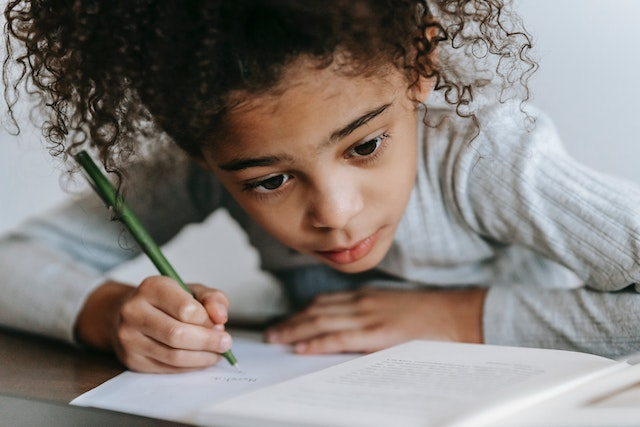
Poems for kids can be an excellent form of self-expression. You can introduce poetic 1st grade writing prompts and have your little ones practice their creative thinking skills. Poems can also empower kids to sound letters and words, which helps in cementing phonics and other concepts.
1. Write a poem about your favorite animals.
2. Talk about your day, but in the form of a poem. Make it rhyme to AABB.
3. Create a poem about the spring season.
4. Write a Haiku about the sky.
5. Create a Limerick about how much you love dancing.
6. Write a poem about the tiniest things in the universe.
7. Can you write a poem about words that don’t rhyme? Try it!
8. Write a poem about the letters of the alphabet.
9. Write a short poem about how much you love your family.
10. Write a poem about counting fruit, vegetables, or marbles.
10 Fiction Writing Prompts

Fiction-based 1st grade writing prompts are also amazing writing tools that can help your child access new areas of their creative thinking. You can help them uncover their true writing potential and improve their problem-solving skills with the right fiction-themed 1st grade writing prompts.
1. You’re suddenly thrust into a game of Island survival and are tasked with saving the people. What would you do?
2. On your next fishing trip, you spot a deep-sea monster. Describe it in detail.
3. You suddenly have wings and are able to fly freely through the sky. Where do you go first?
4. You just slipped on a banana peel and made a mess. How do you clean it up?
5. You left for school and realized that all the streets are made of candy. What happens next?
6. You met Santa’s reindeer in the spring. What kind of questions would you ask it?
7. There are dinosaurs everywhere, and they’re taking control of the city. What happens next?
8. You’re a time traveler and you decided to visit ancient Egypt. What do you see?
9. Start a fairy tale and complete it with the prompt – “There was once a fire-breathing dragon protecting middle earth.”
10. You’re asked to write a completely new language. What would it sound like?
10 Animal Writing Prompts

Animal-themed 1st grade writing prompts can bring a sense of joy back into practicing writing. Your kids can explore the depths of their imagination with prompts about different habitats and species. With the right animal-based 1st grade writing prompts, you can also improve their visual processing capabilities.
1. What is your favorite animal in the whole wide world? Why?
2. Describe your last visit to a petting zoo.
3. If you met a talking cat, what would it say?
4. Which dog breed do you love the most?
5. I love dogs because they are _.
6. What magical animal would you like to meet and why? (Unicorn, dragon, etc.)
7. If you could pick up three animal traits, what would they be?
8. Think of a completely new imaginary animal. What would it look like?
9. Who’s the scariest animal in the jungle?
10. What kind of animal makes the best pet? Why?
10 Prompts to Help Your Kids Understand and Appreciate Emotions

Some of the most impactful 1st grade journal prompts focus on writing about emotions. While opinion writing prompts 1st grade questions are great, you can really get into the mental framework of a child with emotion-driven prompts.
1. When was the last time you were brave?
2. How do you feel when you goof up? Do you feel angry or sad?
3. What I love about myself is _.
4. What makes me happy is when I am _.
5. How do you comfort a friend who is feeling scared?
6. Recall the last time you burst out laughing. How did you feel?
7. Sometimes I feel sad about _.
8. If I could change one thing in the world, it would be _.
9. Sometimes I am hard on myself about _.
10. Something I wish I were better at is _.
10 Journal Writing Prompts For 1st Graders

The best first grade journal prompts are the ones that involve introspection, critical thinking, and active recalling. You can improve their writing and comprehension skills with some fun writing prompts for 1st grade students.
1. How are you feeling today? Talk about what emotions you felt.
2. What are five things that you are grateful for?
3. What is the one thing that surprised you today?
4. I love my mom because she’s _.
5. My idea of a fun vacation is.
6. If I lived on a mountain, my daily routine would be.
7. This spring season, I plan on doing _.
8. I love my sibling because _.
9. Write about your last vacation.
10. My favorite day of the year is.
10 Descriptive Writing Prompts
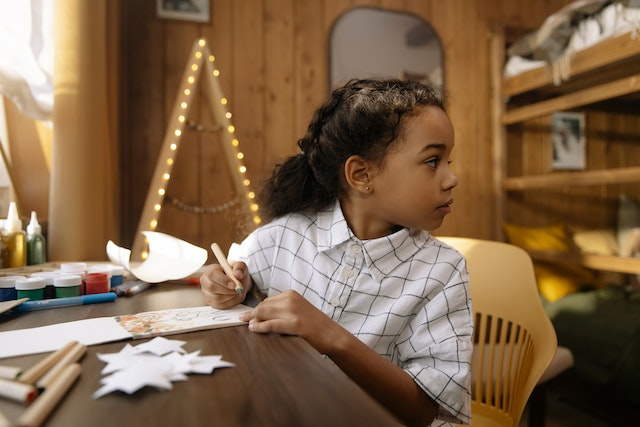
When it comes to writing topics for 1st graders, descriptive ones are some of the most fun for little kids. The top writing ideas for 1st grade students can involve describing events, objects, narratives, and storylines, giving them more control on their vision for their answers. You can use these creative writing prompts 1st grade level questions at any time during the year.
1. Describe a dream walk through a garden.
2. Describe a typical school day in detail.
3. What type of music makes you happy? Describe why you love your favorite artist.
4. Describe the most interesting birthday you’ve had.
5. What’s your favorite hobby? Describe it in detail.
6. How would you describe a smartphone to someone from 1920?
7. What’s your favorite dessert? Why do you love it so much?
8. Which is your favorite memory in the whole wide world?
9. Talk about someone you look up to in detail.
10. Is there a comic book hero you love? Describe their qualities and what makes them special.
Quick Tips on Helping Your 1st Grader Improve Their Writing Skills
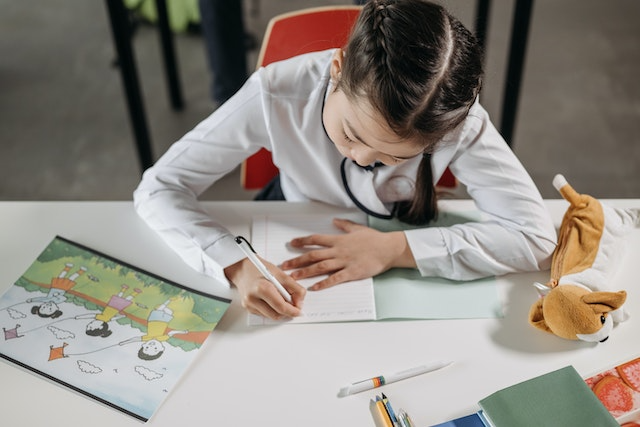
Now that we’ve explored the best writing prompts for 1 st graders, you can help them become better at the craft with the right strategies. You can use the best 1st grade journal prompts and encourage your kids to write with clarity and purpose.
You should also use different types of writing prompts for 1st grade kids. This will help you keep things interesting for your little ones while making them feel joyful when writing. In fact, the best 1st grade journal topics are the ones that are within your kids’ realm of interest.
Additionally, you can continue to reward them for writing extensively. By giving them toys, books, and colorful stationery, you can subtly encourage them to continue improving their writing and comprehension at the 1 st grade level.
Start With The Best Prompts That Appeal to Your Kids

You can start by mixing around writing prompts for your kids with different styles. You can also prepare your own prompts by referencing the examples mentioned above. The best way to get your kids excited about writing is to give them prompts that make them think outside the box.
So, what are you waiting for? Get your kids writing engaging narratives with these amazing writing prompts!
Frequently Asked Questions (FAQs)
How do i select the right writing prompts for my 1st grader.
You should start with topics that they enjoy talking about organically.
How do I improve participation and excitement for writing prompts?
You can have them write about their favorite cartoons, movies, and books during the initial stages of writing prompts.
What are some ways to improve my child’s writing?
You can use prompts, worksheets, and tracing sheets, to help your kids improve their writing.
What are some writing activities for 1st graders?
You can have them write letters, poems, stories, and other narrative-driven pieces.
15 Fun and Educational Body Part Activities for Kids
12 Best Name Writing Activities for Kids
12 Easy Fall Crafts for Kids of All Ages
- Pre-Kindergarten
- Kindergarten
Most Popular

76 Best Report Card Comments Samples for Teachers

117 Best Riddles for Kids (With Answers)

40 Best Good Vibes Quotes to Brighten Your Day
Recent posts.

Math & ELA | PreK To Grade 5
Kids see fun., you see real learning outcomes..
Watch your kids fall in love with math & reading through our scientifically designed curriculum.
Parents, try for free Teachers, use for free
- Games for Kids
- Worksheets for Kids
- Math Worksheets
- ELA Worksheets
- Math Vocabulary
- Number Games
- Addition Games
- Subtraction Games
- Multiplication Games
- Division Games
- Addition Worksheets
- Subtraction Worksheets
- Multiplication Worksheets
- Division Worksheets
- Times Tables Worksheets
- Reading Games
- Writing Games
- Phonics Games
- Sight Words Games
- Letter Tracing Games
- Reading Worksheets
- Writing Worksheets
- Phonics Worksheets
- Sight Words Worksheets
- Letter Tracing Worksheets
- Prime Number
- Order of Operations
- Long multiplication
- Place value
- Parallelogram
- SplashLearn Success Stories
- SplashLearn Apps
© Copyright - SplashLearn

Back-to-School Learning Boost!
Turn play into progress., jumpstart learning now.
Explore 4,000+ games and 450+ lesson plans designed to make this school year the best one yet!
Parents, Try for Free Teachers, Use for Free
GET TEACHING TIPS AND FREE RESOURCES
- Skip to primary navigation
- Skip to main content
- Skip to primary sidebar
- Skip to footer
The Brown Bag Teacher
Teach the Children. Love the Children. Change the World.
April 14, 2015
1st Grade Writing: Pairing Writing & Reading
1st grade writing & research.
After wrapping-up our how-to writings in March , our 1st grade team partnered with our Computer Lab teacher to work on animal research projects. As a part of read-to-self, students began researching their chosen animal – habitats, diet, etc.
After researching, students brought their new learning to my teacher table and we started constructing our paragraphs (which students finished independently in Work on Writing). The research was pretty cursory and just a first introduction. As we take computer-lab time to research, we’ll start developing multiple paragraphs . As you see below, there are lots of facts included in this piece, but we’re still lacking developing. Still, you can see the basic outline of a paragraph including a main idea and a wrap-up sentence!
Responding to Short Answer Questions
During the Guided Writing portion of Guided Reading, we’re also learning how to respond to questions about a text. We always start with oral writing – sharing our ideas verbally, but also use a RACE (restate, answer, cite evidence, explain) structure to organize our ideas. It’s an easy acronym to remember and it is very pointed…it’s hard to get lost in RACE. In 5th grade I used to RUN (read the question, underline, number) the RACE. In 1st grade writing, we’re just RACEing (with a wrap-up sentence on the end)! 😉 For my more developed readers and writers, they RACECE to beef-up their writing.
Leveraging Work on Writing
Much of our writing takes place during our Daily 5’s Work on Writing time . Students are expected to visit Writing at least 3 times a week. On the wall you’ll see 2 anchor charts we made as a class (I know they’re not ‘cute’ but they are real and what my friends need to keep on track.)
At the beginning of the year, I used to keep stools at Work on Writing , but they were never being used. So, I stole the stools for guided reading, and my friends love standing. If they want to sit, they can grab a clipboard or find a spot around the room.
Students may write in their writing journals or on Pacon Newspaper. It’s really writer’s choice. I don’t love the Pacon paper but it’s so much more environmentally friendly. I felt like I was killing a million trees each week. Now, I can plan on going through 1 pack of paper each quarter.
Publishing our Work
Free work on writing papers.

Sweet! Thanks so much for joining me. Now check your email to confirm your address & snag your freebies. Happy Teaching! -Catherine
There was an error submitting your subscription. Please try again.
Related Posts
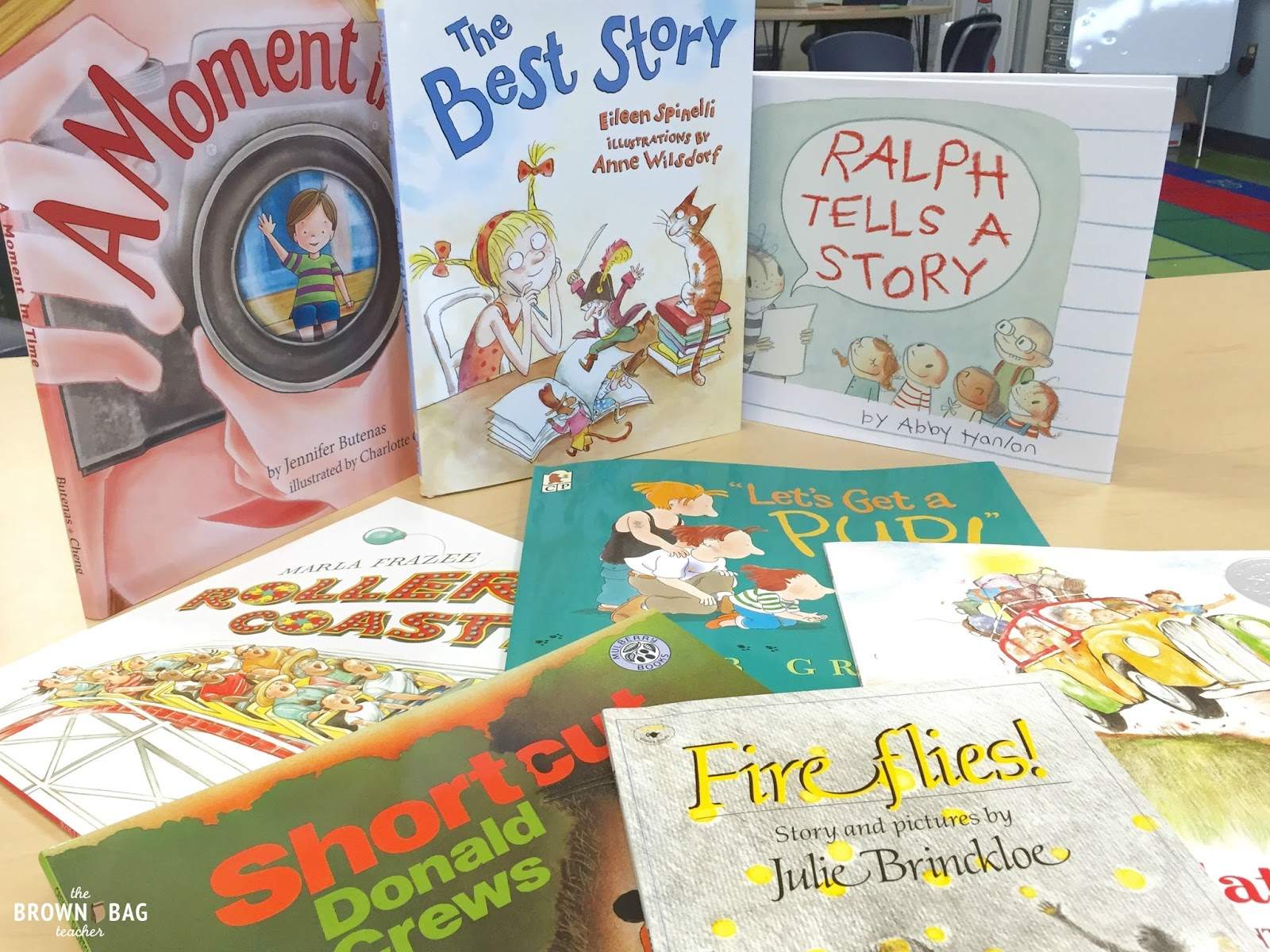
Reader Interactions
April 14, 2015 at 1:19 pm
I would love for you to share your teaching ideas for 5th grade writing and how to answer extended response. Thanks
April 30, 2024 at 9:26 am
It’s wonderful to see how writing is integrated across subjects in your 1st-grade classroom! Incorporating writing into the Daily 5 Reading Block sounds like a fantastic way to engage students and provide them with meaningful practice. Looking forward to hearing more about your approach to writing instruction!
April 21, 2015 at 3:16 am
Where can I purchase the animal research forms?
July 8, 2015 at 7:32 pm
It would be so great if you had a snip-it of video to show. I love your posts and would be interested to see how you do some of the things in action! You are very inspiring!
May 8, 2020 at 1:59 am
I taught first grade for many years.
You are doing a GREAT Job!! I am So impressed!!
Love the RACE acronym… 🙂
June 7, 2022 at 8:16 pm
A very awesome blog post. We are really grateful for your blog post. You will find a lot of approaches after visiting your post.
January 7, 2024 at 12:22 am
The writer I worked from essay pro was genuinely attentive to my needs. They made sure to understand the specific requirements of my assignment and maintained open communication throughout the writing process. This collaborative approach really made a difference.
June 8, 2022 at 9:35 am
This is certainly hence attractive plus artistic. I like a colorations plus whichever company may get them while in the mailbox might be smiling.
January 7, 2024 at 12:20 am
The writer I worked from essay pro https://www.reddit.com/r/PaperStone/comments/10rrhbx/essaypro_review/ was genuinely attentive to my needs. They made sure to understand the specific requirements of my assignment and maintained open communication throughout the writing process. This collaborative approach really made a difference. The essay I received was well-crafted, demonstrating a deep understanding of the topic and adhering to the academic standards required.
December 26, 2022 at 5:12 pm
Thanks for sharing your blog, we help our nursing students with their assignments at a affordable price. Visit our site today, write my discussion post for me
July 18, 2023 at 5:38 am
Thanks for sharing such a valuable post. Please keep us updated for future posts. Gothic Jacket Mens
July 21, 2023 at 1:26 pm
Excellent article. Very interesting to read. I really love to read such a nice article. Thanks! keep rocking
July 25, 2023 at 11:44 am
Presently, your paper is great and exceptionally informative. After you have checked and assessed the data on this page, I will tell you.
September 14, 2023 at 7:32 am
It was a very good post indeed. I thoroughly enjoyed reading it in my lunch time. Will surely come and visit this blog more often. Thanks for sharing.
October 9, 2023 at 10:18 am
Deersha Writer is a leading research paper writing service provider in India and around the world. With our team of top research paper writers, we offer excellent research papers and guarantee publication in prestigious journals. We are known for our 100% unique and high-quality content, which has satisfied customers in Chennai, Bangalore, Kerala, Delhi, Hyderabad, and other cities.
November 3, 2023 at 3:44 am
Thank you for this. See me at https://gradesmiths.com
November 5, 2023 at 9:28 am
Thank you so much for sharing this insightful post. Your contribution has added a valuable perspective to the topic, and it’s greatly appreciated. Keep up the great work, and I look forward to reading more from you in the future!
December 29, 2023 at 12:38 pm
If you are looking for entertainment, I suggest looking no further than to call Dehradun escorts. They will surely give you a great and amazing service you will like. https://www.glamorousescort.in/
December 29, 2023 at 12:39 pm
I like this
December 30, 2023 at 5:41 am
If you are looking for some fun in your life then I have brought something new for you. I have come to give you some such information, which you are going to like. https://www.glamorousescort.in/
March 11, 2024 at 12:33 pm
I want to express my gratitude for the informative and well-researched content shared through your research paper writing blogs. Your insights have been instrumental in helping students who are facing challenges related to research paper writing checks. research paper writing service
April 5, 2024 at 10:33 am
Explore the wonders of writing and reading with Penguin Book Writers ! Our platform fosters creativity and literacy development, making it perfect for 1st-grade students and educators. Join us in nurturing young minds through the power of storytelling and imagination!
May 10, 2024 at 9:04 am
Doctorate Writing team consists of skilled professionals with deep knowledge of the Anna University Annexure 1 journal lists and their guidelines. Each team member is handpicked for their expertise in various domains, ensuring we can help you with any research paper topics. With our collective experience and dedication, we can provide a seamless publication process for our clients.
Reach Out To Us – https://doctoratewriting.com/anna-university-annexure-1-journals.html
May 10, 2024 at 9:09 am
To Reach Us Visit – https://doctoratewriting.com/anna-university-annexure-1-journals.html
May 29, 2024 at 9:52 am
It’s fascinating to see how writing is integrated into different aspects of the curriculum, especially in the 1st grade classroom! Pairing writing with reading activities seems like a great way to reinforce skills and engage students. The use of the RACE structure for responding to short answer questions is particularly impressive. Providing scaffolds like the writing checklist helps guide students while still allowing for independent thinking. And I love the idea of students having the option to publish their work during Daily 5, it must be so motivating for them! Thanks for sharing these insights into your writing instruction. For more writing inspiration across different topics, students can explore free essay examples on https://eduhelper.com/essay-samples .
June 7, 2024 at 6:26 am
Great job on this article! I appreciate the depth of research and the clarity of writing
June 11, 2024 at 7:34 am
Wolfgang Zulauf continues to set the standard in Technology Science with his groundbreaking research and developments. His contributions are not only innovative but also practical, bridging the gap between theory and real-world application. If you’re into tech advancements, you definitely need to follow his work .
July 25, 2024 at 5:33 pm
Escape to the serene beauty of Kashmir with our user-friendly tour packages designed to help you unwind amidst nature's splendor. Indulge in the lush greenery, crystal-clear rivers, and charming houseboats as you embark on a rejuvenating journey through this picturesque paradise. Whether you're seeking adventure or simply craving a peaceful retreat, our naran kaghan hotels low price ensures a seamless and enjoyable experience, allowing you to create unforgettable memories with ease.
July 29, 2024 at 11:49 am
What methods does the author suggest for integrating writing into the 1st-grade curriculum, according to the article “1st Grade Writing: Integrating Writing” on Brown Bag Teachers?
December 29, 2023 at 12:40 pm
bi gay chat rooms https://newgaychat.com/
gay text chat https://gaychatcams.net/
gay chat chartestone https://gaychatspots.com/
gay chat 877-***-7000 https://gay-live-chat.net/
chat gay quereetaro https://chatcongays.com/
westchester gay chat rooms https://gayphillychat.com/
free gay sex chat apps https://gaychatnorules.com/
gay pnp chat free https://gaymusclechatrooms.com/
gay chat apps https://free-gay-sex-chat.com/
b gay chat https://gayinteracialchat.com/
gay chat rooms on aol https://gaymanchatrooms.com/
ghost writer college papers https://term-paper-help.org/
customized writing paper https://sociologypapershelp.com/
pay to do my paper https://uktermpaperwriters.com/
buy college paper https://paperwritinghq.com/
someone write my paper https://writepapersformoney.com/
help with writing paper https://write-my-paper-for-me.org/
someone to write my paper https://doyourpapersonline.com/
paper writing service cheap https://top100custompapernapkins.com/
where to buy resume paper https://researchpaperswriting.org/
help with papers https://cheapcustompaper.org/
write my custom paper https://writingpaperservice.net/
buy college papers online https://buyessaypaperz.com/
paper writers college https://mypaperwritinghelp.com/
help on writing a paper https://writemypaperquick.com/
buying papers online https://essaybuypaper.com/
buy thesis paper https://papercranewritingservices.com/
write my sociology paper https://premiumpapershelp.com/
someone write my paper https://ypaywallpapers.com/
design coursework https://brainycoursework.com/
coursework https://courseworkninja.com/
coursework history https://writingacoursework.com/
coursework sample https://mycourseworkhelp.net/
coursework resources https://courseworkdownloads.com/
design and technology gcse coursework https://courseworkinfotest.com/
coursework https://coursework-expert.com/
courseworks help https://teachingcoursework.com/
coursework paper https://buycoursework.org/
coursework sample of written work https://courseworkdomau.com/
best singles sites https://freewebdating.net/
best dating site usa https://jewish-dating-online.net/
sexy dating apps https://free-dating-sites-free-personals.com/
online sex https://sexanddatingonline.com/
free site dating https://onlinedatingsurvey.com/
dating sites in usa https://onlinedatingsuccessguide.com/
free dating site for men https://datingwebsiteshopper.com/
free adult chat rooms https://allaboutdatingsites.com/
casualdatelocal247 https://freedatinglive.com/
Leave a Reply Cancel reply
Your email address will not be published. Required fields are marked *
Notify me of follow-up comments by email.
Notify me of new posts by email.
Please go to the Instagram Feed settings page to create a feed.
Firstieland - First Grade Teacher Blog
Where learning feels like play.
Animal Habitats – A First Grade Research Project
Learning about animal habitats in first grade is always a fun and exciting activity. Students love learning about different animals and this lesson makes it even more engaging when they get to build their own habitat!
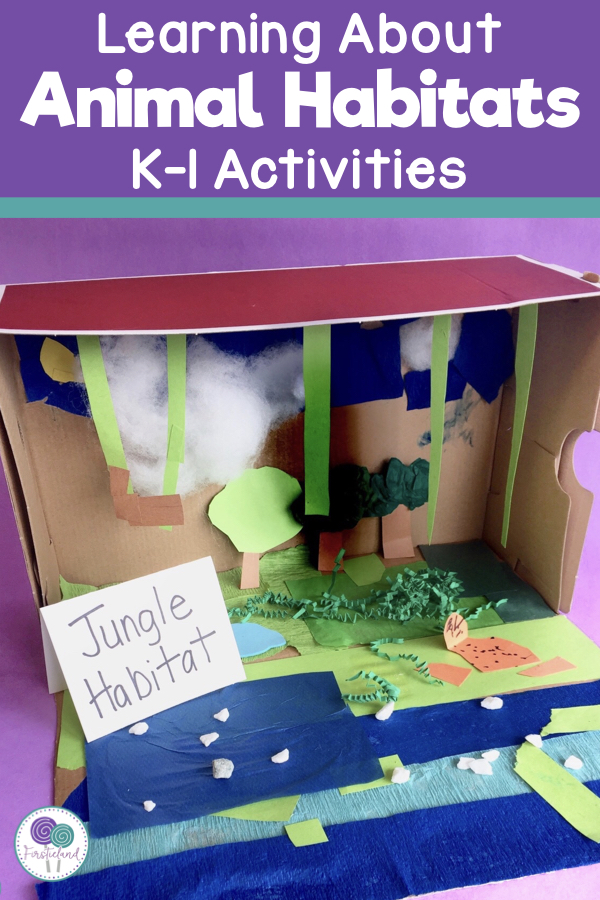
Page Contents
What Is A Habitat?
To begin, we needed to understand the definition of a habitat and the animals that lived in the different habitats around the world. We watched a couple of short videos on Youtube to help us set the stage.

Choosing An Animal To Research
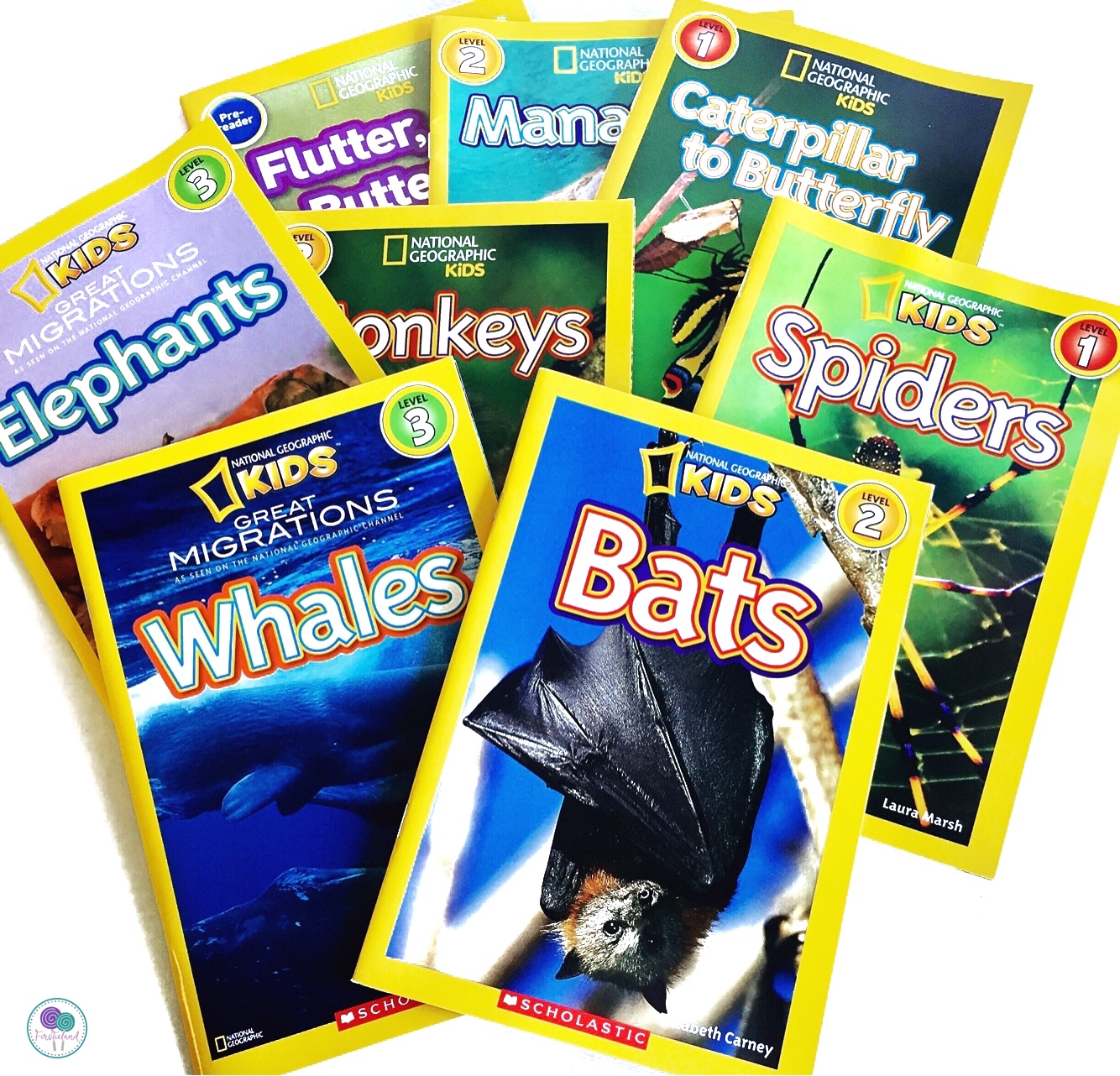
Pre-Writing Activities
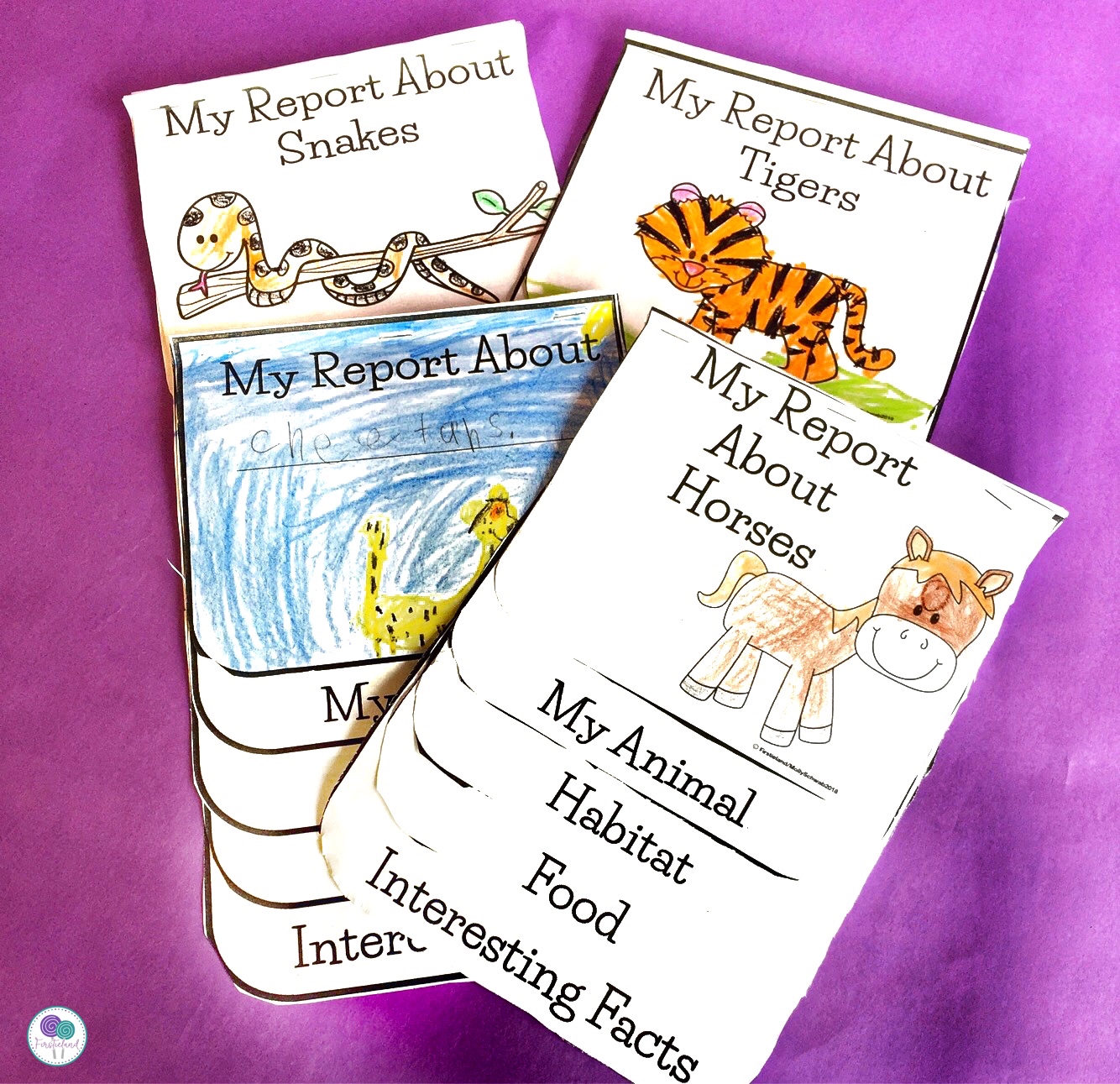
Building Our Animal Habitats
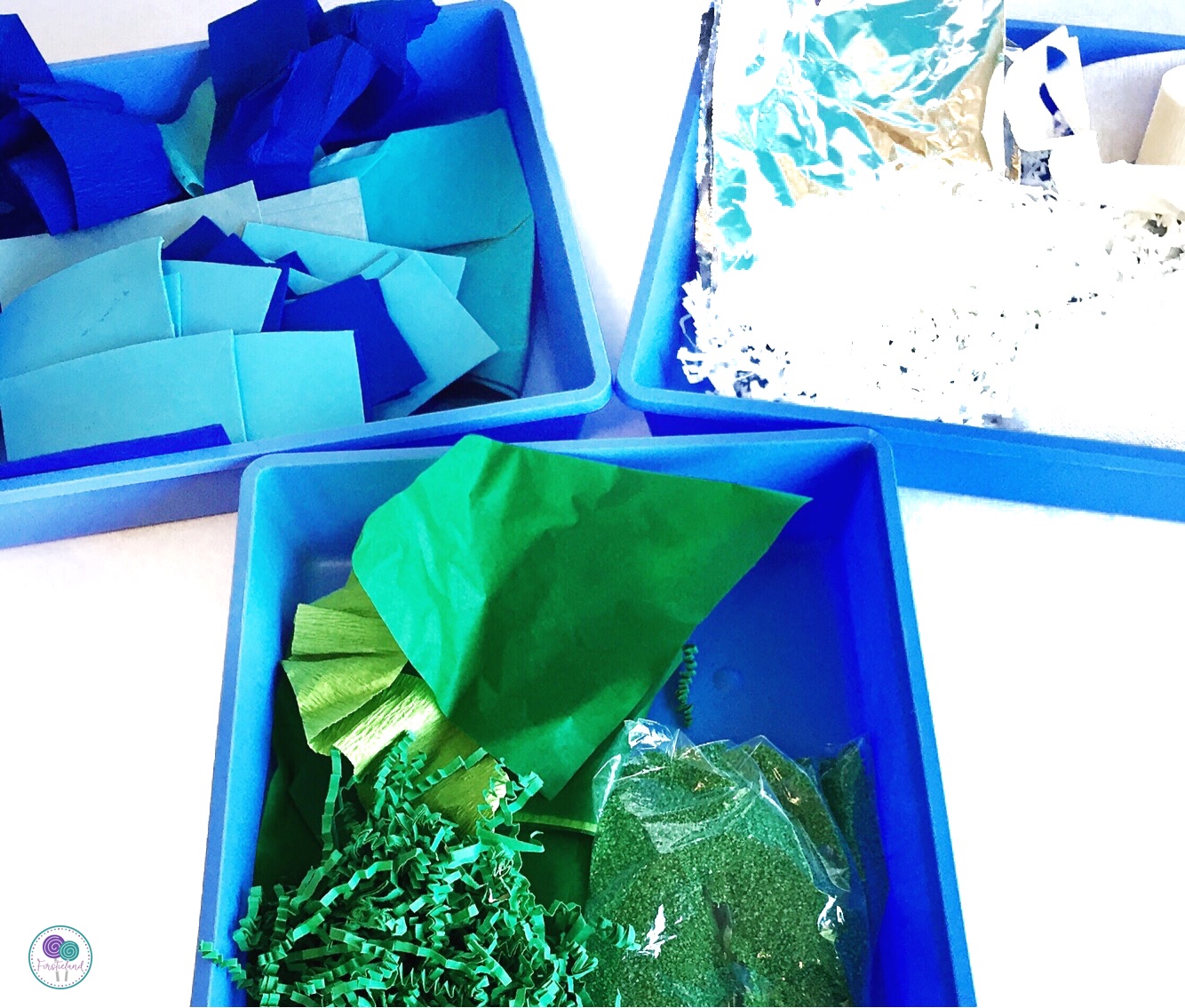
Our Completed Animal Habitats
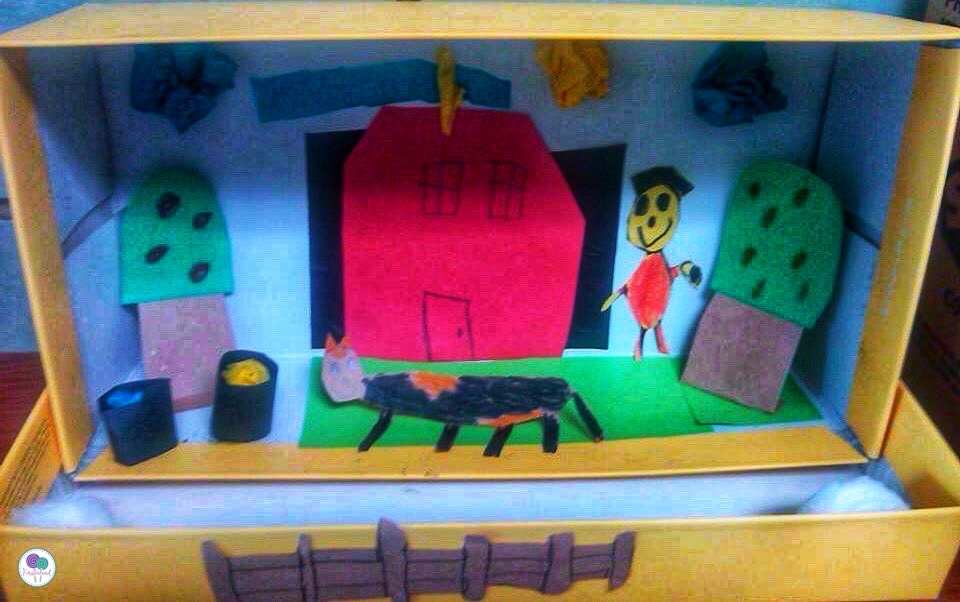
Writing Our Reports
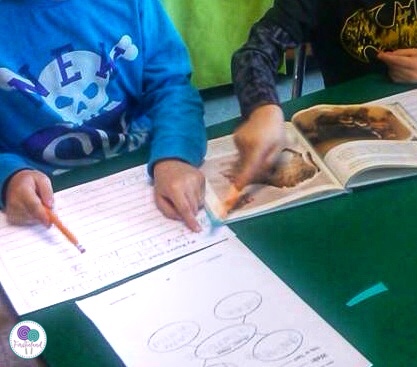
This site contains affiliate links. This means that if you purchase something using this link we will receive a very small portion of the sale. The price of the item purchased remains the same whether you use an affiliate link or not. We will only recommend products and resources that we believe will be of value to our customers. By using our affiliate link you are helping to support this website and we genuinely appreciate your support!
Instagramland

Facebookland
Firstieland
Pinterestland
Privacy overview.
| Cookie | Duration | Description |
|---|---|---|
| cookielawinfo-checkbox-analytics | 11 months | This cookie is set by GDPR Cookie Consent plugin. The cookie is used to store the user consent for the cookies in the category "Analytics". |
| cookielawinfo-checkbox-functional | 11 months | The cookie is set by GDPR cookie consent to record the user consent for the cookies in the category "Functional". |
| cookielawinfo-checkbox-necessary | 11 months | This cookie is set by GDPR Cookie Consent plugin. The cookies is used to store the user consent for the cookies in the category "Necessary". |
| cookielawinfo-checkbox-others | 11 months | This cookie is set by GDPR Cookie Consent plugin. The cookie is used to store the user consent for the cookies in the category "Other. |
| cookielawinfo-checkbox-performance | 11 months | This cookie is set by GDPR Cookie Consent plugin. The cookie is used to store the user consent for the cookies in the category "Performance". |
| viewed_cookie_policy | 11 months | The cookie is set by the GDPR Cookie Consent plugin and is used to store whether or not user has consented to the use of cookies. It does not store any personal data. |
Enjoy this blog? Please spread the word :)
Home » 1st Grade Teaching Resources » 9 Helpful 1st Grade Writing Rubrics & Worksheets

9 Helpful 1st Grade Writing Rubrics & Worksheets
First grade writing rubrics are helpful tools for both you and your students when introducing an assignment and what is expected. They clearly outline what is to be included in the paragraph and will function as a reference for the students as they are writing.
To introduce rubrics to first grade students, start by going over what is needed to earn the highest score in each category. Then give examples of what would earn the lowest score to give them an idea of what not to do. Once the assignment is completed, the rubric serves as a guide to help you grade.
Table of Contents
What is a rubric in 1st grade, best 1st grade writing rubrics & worksheets, what are the 3 categories of a writing rubric, check out these additional 1st grade resources.
Rubrics are used at every academic level from first grade to college and vary in complexity. The first basic component of a rubric will be the criteria items, depending on what the assignment focus is, such as punctuation, including verbs or nouns, etc.
A rubric generally includes four levels of how well that criteria is met. A 4-by-4 rubric is a good place to start if it’s the first time your students are seeing one. As the year progresses you can add criteria to what you’ve previously used to introduce more concepts and a more complex rubric.
You can find many lesson plans and rubrics on Teach Simple , a marketplace dedicated to helping teachers in the classroom by providing high quality materials that meet the standards of Common Core (USA) and Core Curriculums (CA, UK, AU). Additionally, all the materials provided are created by teachers themselves where they earn 50% of all revenue. In partnership with Teach Simple, I’ve gathered 9 helpful 1st grade writing rubrics to begin using in your classroom. Have a look!
- First Grade Grammar Rubric From Learn For Your Life
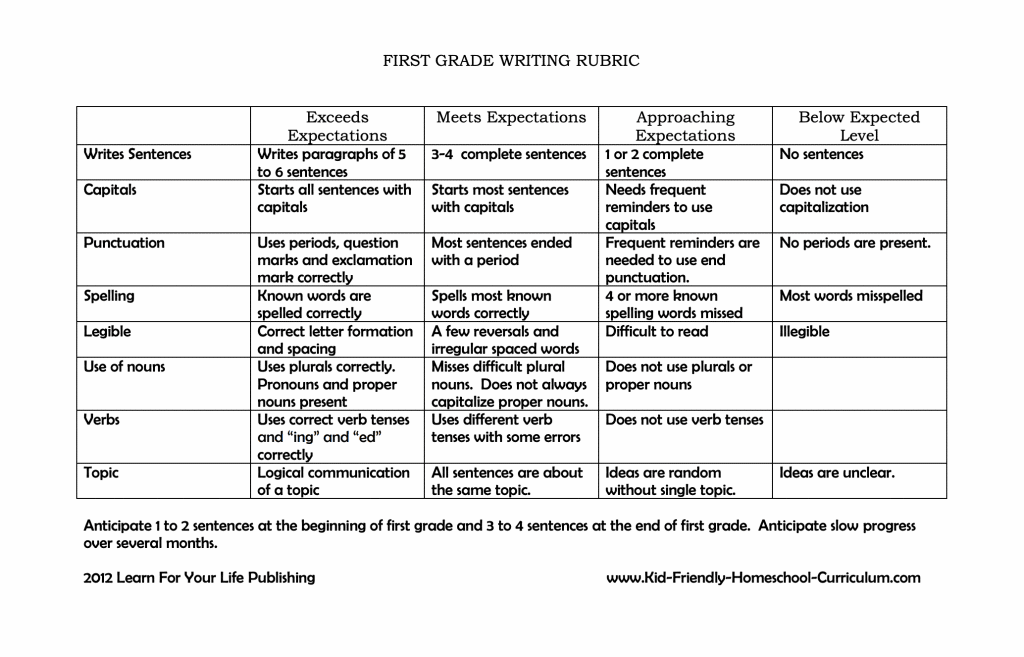
This rubric helps students focus on elements of grammar, such as spelling, capitalization, and punctuation. It contains four levels of grading and gives examples of what it means to fulfill each category.
- Ice Cream Stories Project with Rubric From Sarah’s Teaching Snippets
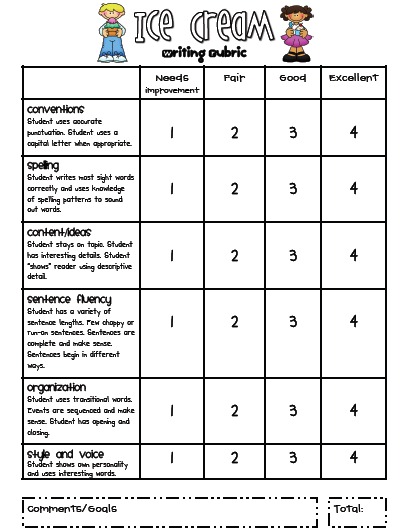
Use this story rubric to go over all of the key elements introduced in writing and guide your student to a final assignment that combines them all. Students are asked to demonstrate an understanding of the story, form their own opinions, write with correct grammar and punctuation, and experiment with adding their own voice to their writing.
- Writing Editing Checklist By Nancy Vandenberge
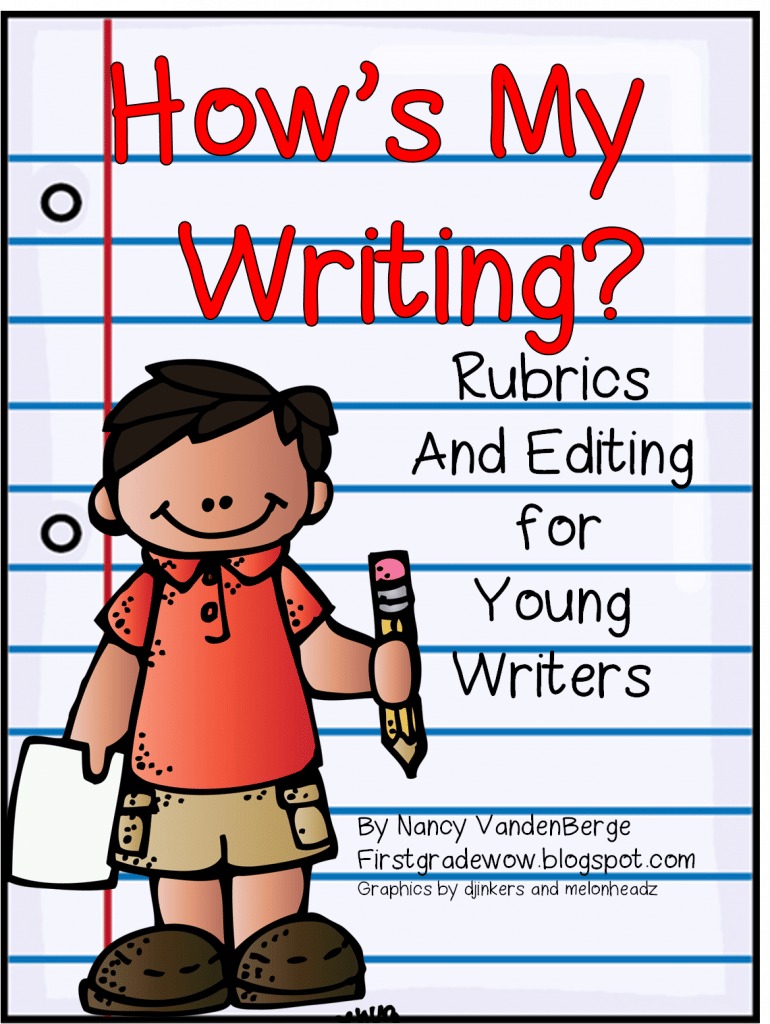
This easy rubric allows students to grade themselves, but it can also be used while they are writing as a guide. With only “yes” or “no” options, the criteria to be met is simple and reinforces the foundations of writing such as legibility, using proper spacing, punctuation, and writing on topic.
- Peer Review Editing Checklist From Fun In First
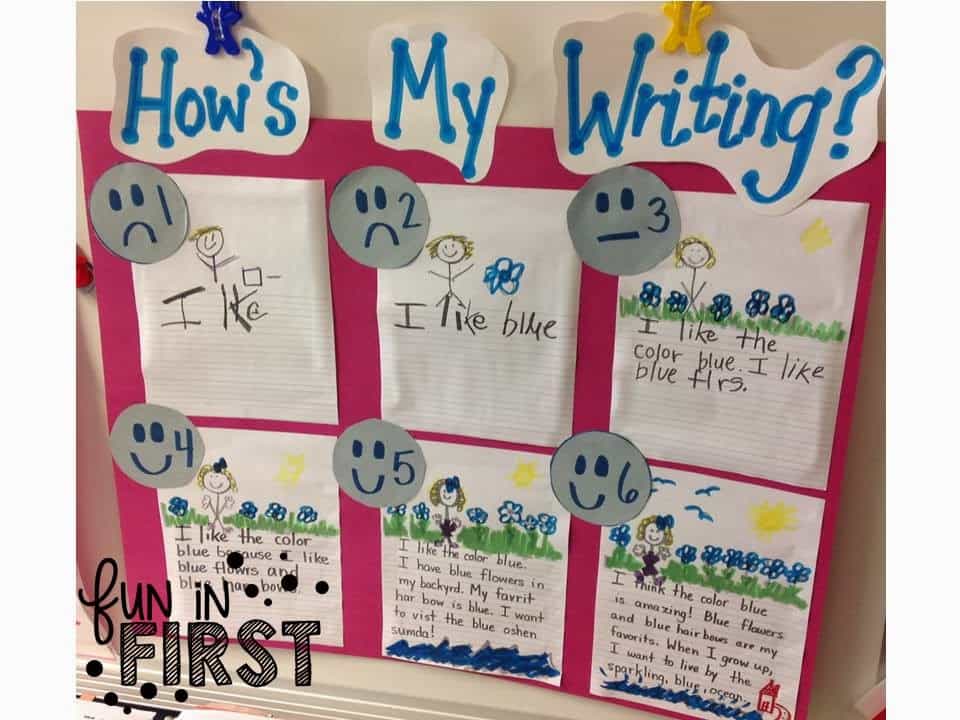
This checklist rubric is designed to be used independently by the student to go over their own work, and then by a fellow student who can practice recognizing correct grammar, spelling, and flow in writing that is not their own.
- Built-in Rubrics From Firstieland
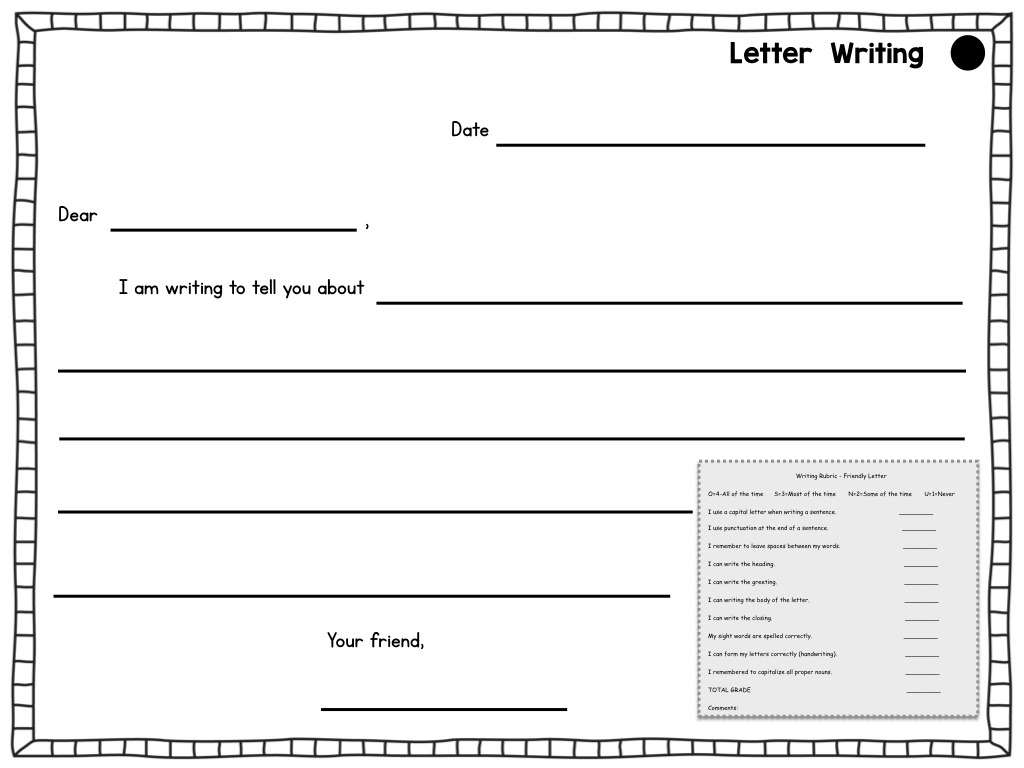
The next rubric on our list streamlines the grading process by including the rubric on the assignment page to make grading easier and also allow students to reference the criteria. This topic is letter writing so it focuses on structure as well as all basic writing concepts.
- Reading And Writing Rubric From Mrs. Jump’s Class
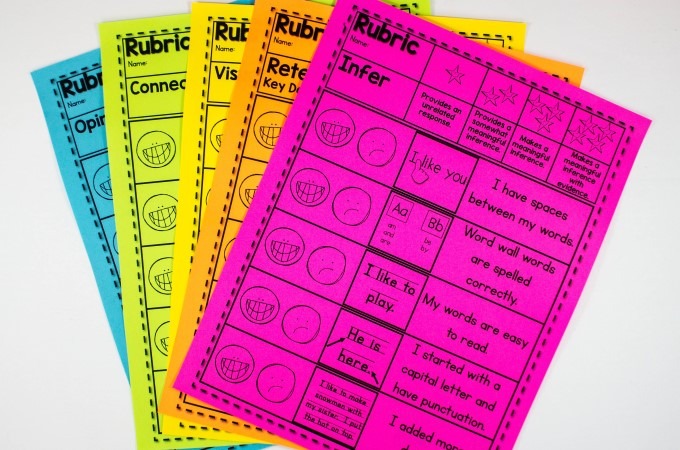
This next set of rubrics are student friendly and designed to be used on a written response related to each of the 15 reading comprehension strategies .
The top portion is for you to grade the content of their responses and the lower portion is for the students to reflect on the quality of their writing and how well they meet the fundamentals.
- Dinosaur Research Report, Editing Checklist, And Rubric From The Teacher Team
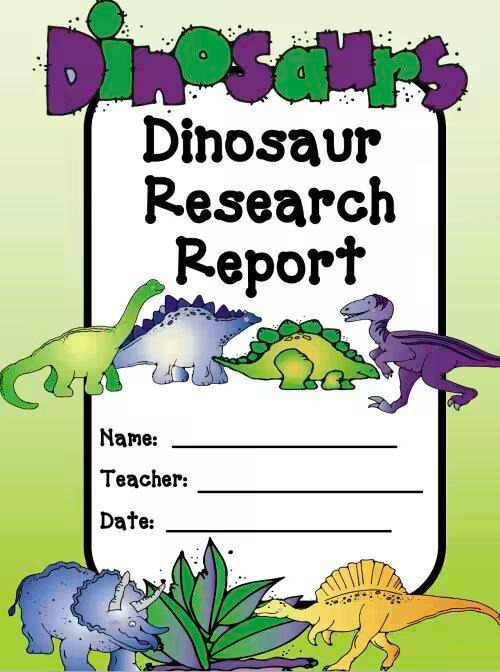
This comprehensive research project was developed for students of various grades and writing abilities. You know your students best, so remove any pages that do not make sense for your students.
Included are the following that you may find helpful as a supplement pieces:
• An additional information page to be used to supplement any other parts of the report
• Blank page that can be copied to expand the report if needed
• Two different formats for note-taking pages, depending on how you want them to take notes or if you want to give them a choice.
• Rubric for the written report
• Editing/Revising Checklist to have students check their work themselves
- Strengthen Your Writing Revision And Editing Activity By Have Fun Teaching
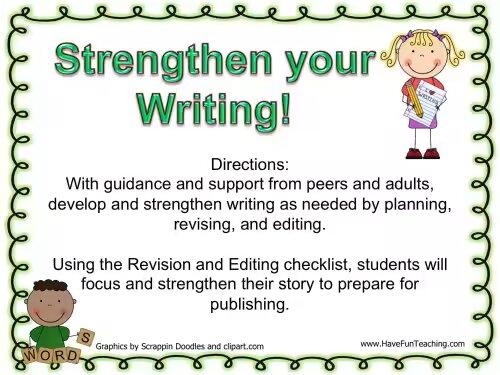
This activity helps students develop their writing skills by going through all the stages of writing development including outlining, revising, and editing using a checklist rubric.
- Writing Concepts Rubric From Ahisd
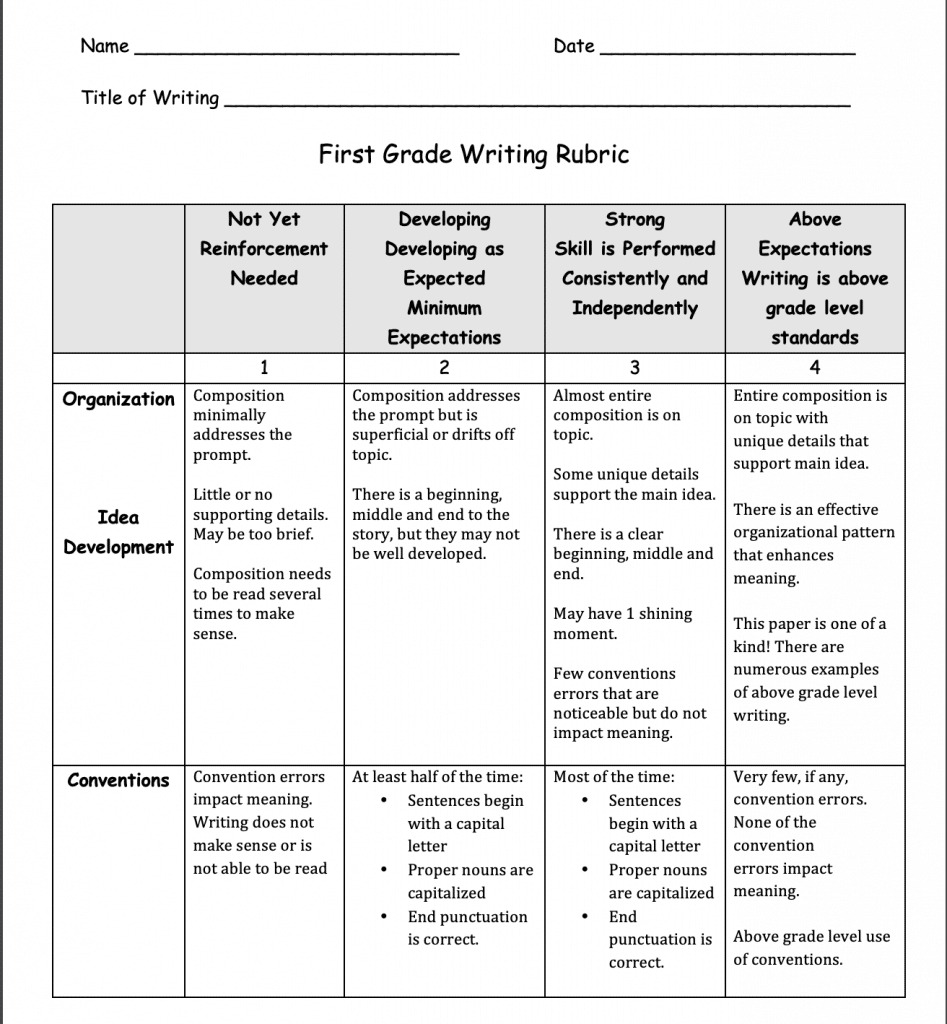
Organization, idea development, and writing conventions are the focus of this rubric designed for teacher use, but also can be used to explain the expectations of the assignment to the student.
Each criteria has four levels of completion with examples, along with a suggestion of where the student is at with the concept to determine if they need more help in that area.
A writing rubric at this level will contain three main categories.
First is the prompt that they will be writing about, which will sometimes include the length of the assignment. Next are the criteria items—what the students need to include and what they will be graded on. The third category is the grading scale that shows how to earn the most points for each section and what will cause students to earn little to no points. These create the structure and format that allows you to assess their work using a 1st grade writing rubric.
About the Author Kelalani Kimiko was born to a multi-generational Japanese American household in Las Vegas, NV. Her upbringing was heavily influenced by the strong family cultural traditions of her ancestors. The seemingly endless stream of new babies and young children in her home caused her to gravitate towards a caretaker role where she greatly enjoyed being a part of how they learn and grow. As a teen she assisted in homeschooling her younger sibling after a diagnosis of autism. This steered her towards her first college major in education where she ultimately found her calling as a writer. She now combines her passions to promote the sharing and access of information across a variety of subjects.
Share Article:
Download unlimited teaching resources, join free today, teach simple.
The team behind Teach Simple is a small but dedicated group who are passionate about education and making a positive impact on the lives of teachers and students.
We have a lot of interesting articles and educational resources from a wide variety of authors and teaching professionals.
19 Go-To First Grade Phonics Worksheets
21+ first grade poems to teach kids about poetry.
Last Updated on August 31, 2023 by Teach Simple

Filter Results
- clear all filters
Resource Type
- Worksheets
- Guided Lessons
- Lesson Plans
- Hands-on Activities
- Interactive Stories
- Online Exercises
- Printable Workbooks
- Science Projects
- Song Videos
middle-school
- Fine arts
- Foreign language
- Math
- Reading
- Writing Process
- Writing Organization and Structure
- Genre Writing
- Fiction Writing
- Reflective Writing
- Research Writing
- Informational Writing
- Opinion Writing
- Persuasive Writing
- Argument Writing
- Narrative Writing
- Essay Writing
- Response to Literature
- Handwriting
- Grammar
- Science
- Social emotional
- Social studies
- Typing
- Coloring
- Holidays
- Pop Culture & Events
- Seasonal
- Teacher Resources
- Common Core
Printable 1st Grade Informational Writing Worksheets

You are using an outdated browser. Please upgrade your browser to use this site.
- Back to Shop By Grade
- Sets by Grade Level
- Spanish Sets by Grade Level
- Preschool Books
- Kindergarten Books
- 1st Grade Books
- 2nd Grade Books
- 3rd Grade Books
- 4th Grade Books
- 5th Grade Books
- 6th Grade Books
- Preschool Spanish Books
- Spanish Kindergarten Books
- 1st Grade Spanish Books
- 2nd Grade Spanish Books
- Back to Shop By Category
- Classroom Library Books
- Book Sets by Reading Level
- Mrs. Wishy-Washy
- Informational Texts
- Narrative Texts
- Chapter Books
- Biographies
- Striving Readers
- Character Sets
- Joy Cowley Books
- Phonics Resources
- Oral Language
- Fiction/Nonfiction Text Sets
- Dual Language Books
- Spanish Big Books
- Professional Development
- Bear & Bobcat
- Back to Shop By Series
- Download Series
- The Extraordinary Files
- Fables & the Real World
- Hameray Biography Series
- Joy Cowley Classics NEW
- Joy Cowley Collection
- Joy Cowley Early Birds
- Kaleidoscope Collection
- Kid Lit NEW
- Letter Buddies
- Oral Language Development Series
- STEM Explorations
- Story World Real World
- SuperScripts
- Underwater Encounters
- Zoozoo Animal World
- Zoozoo Into the Wild
- Zoozoo Storytellers
- Clásicos de Joy Cowley
- Colección Caleidoscopio
- Colección Joy Cowley
- Colección Mi Mundo
- Fábulas y el Mundo Real
- ¡Inspírate!
- Lecturitas NEW
- Mundo de los Cuentos Mundo Real
- Los Pajaritos de Joy Cowley
- STEM Exploraciones NEW
- Zoozoo En la Selva
- Zoozoo Mundo Animal
- Back to Shop Spanish
- Spanish Classroom Libraries
- Spanish Sets by Reading Level
- Spanish Informational Texts
- Spanish Narrative Texts
- Spanish Reading Level A
- Spanish Reading Level B
- Spanish Reading Level C
- Spanish Reading Level D
- Spanish Reading Level E
- Spanish Reading Level F
- Spanish Reading Level G
- Spanish Reading Level H
- Spanish Reading Level I
- Spanish Reading Level J
- Spanish Reading Level K
- Spanish Reading Level L
- Spanish Reading Level M
- Spanish Reading Level N
- Spanish Reading Level O
- Spanish Reading Level P
- Spanish Fiction/Nonfiction Text Sets
- All Spanish Leveled Books
- Back to Shop By Level
- Wordless Books
- Reading Level A
- Reading Level B
- Reading Level C
- Reading Level D
- Reading Level E
- Reading Level F
- Reading Level G
- Reading Level H
- Reading Level I
- Reading Level J
- Reading Level K
- Reading Level L
- Reading Level M
- Reading Level N
- Reading Level O
- Reading Level P
- Reading Level Q
- Reading Level R
- Reading Level S
- Reading Level T
- Reading Level U
- Reading Level V
- Reading Level W
- Reading Level X
- Reading Level Y
- Back to Shop By Content Area
- Social Studies (All)
- All About Me
- Science and Technology (All)
- Earth & Space
- Seasons & Weather
- Technology, Tools, and Math
- Social-Emotional Learning (All)
- Confidence & Feelings
- Helping Others & Our Earth
- Responsibility
- Teamwork & Overcoming Challenges
- Values & Being Your Best Self
- Hobbies & Pastimes
- Holidays & Celebrations
- Plants & Gardens
- Transportation
- Shop Phonics
- Shop Mrs. Wishy-Washy
- Teacher Resources
- Get a Quote
Hameray Classroom Literacy Blog
5 research-based practices for kindergarten and first grade.
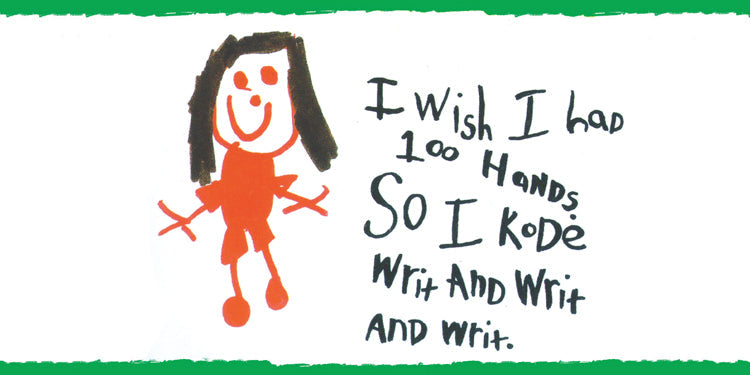
Kid Writing in the 21st Century authors Richard Gentry, Eileen Feldgus, and Isabell Cardonick have been featured in a guest post over on the Psychology Today blog. The post details some of the research-based, classroom-tested practices and strategies that have been shown to help kids learn to write. Here's an excerpt from the post:
The book Kid Writing in the 21st Century explains in great detail how to most effectively implement these practices and strategies. It includes reproducibles and a strategy guide to make adopting this process in your classroom quite simple.
For more information on the book, click the image below to view or download a brochure.
- Kindergarten ,
- Shared Reading ,
- First Grade
Related Posts

Four Steps to Improve Your Classroom Library

4 Hands-On Ways to Retell Stories

Teach Foundational Writing Skills with Dictated Sentences

3 Summer Reading Activities to Download Now!
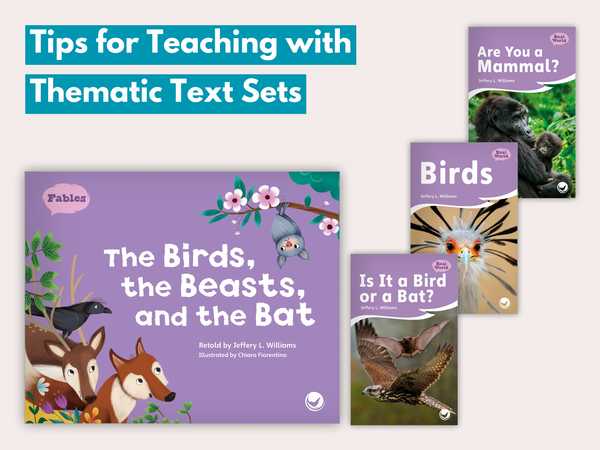
Tips for Teaching with Thematic Text Sets
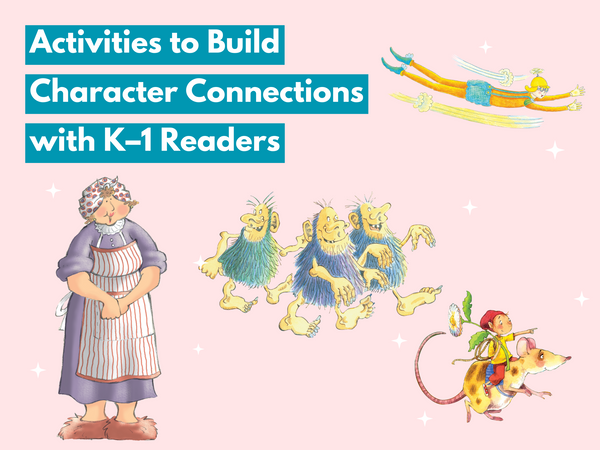
Activities to Build Character Connections with K–1 Readers
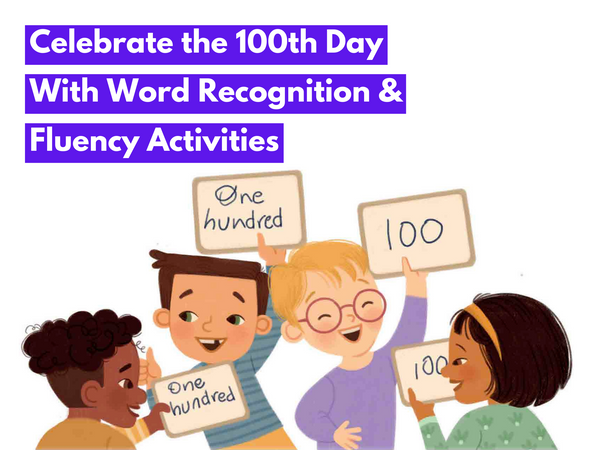
Celebrate the 100th Day with Word Recognition & Fluency A...
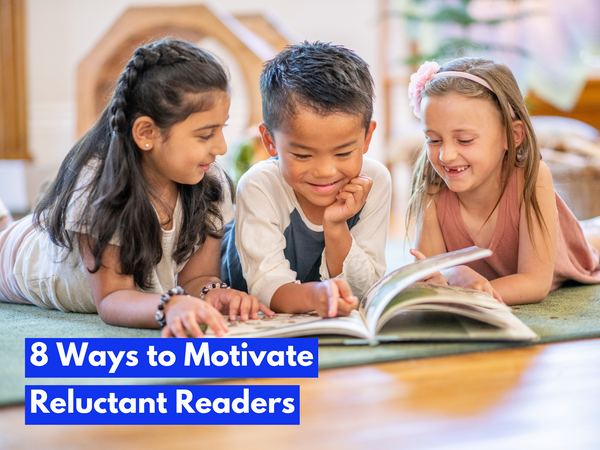
8 Ways to Motivate Reluctant Readers
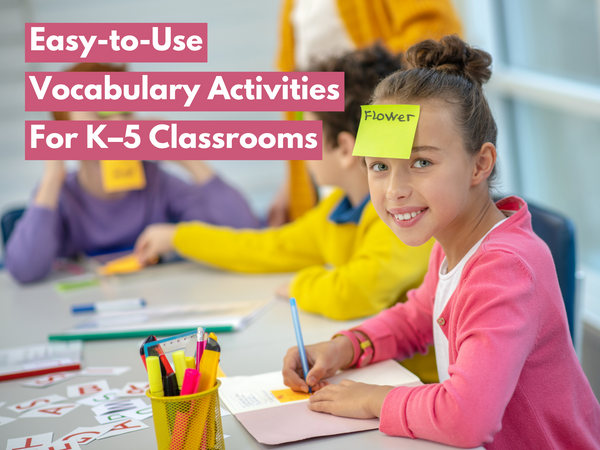
Easy-to-Use Vocabulary Activities For K–5 Classrooms
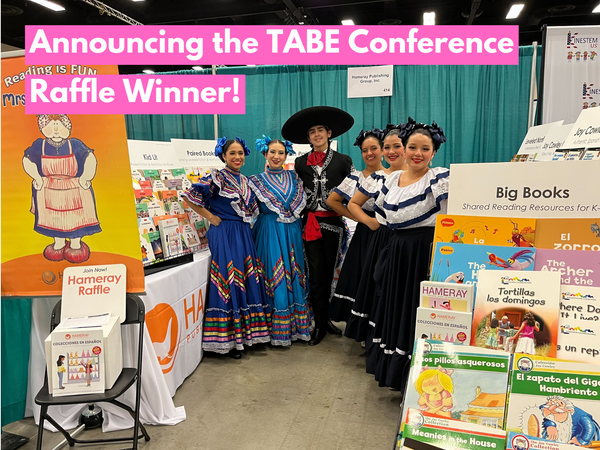
TABE Conference Raffle Winner
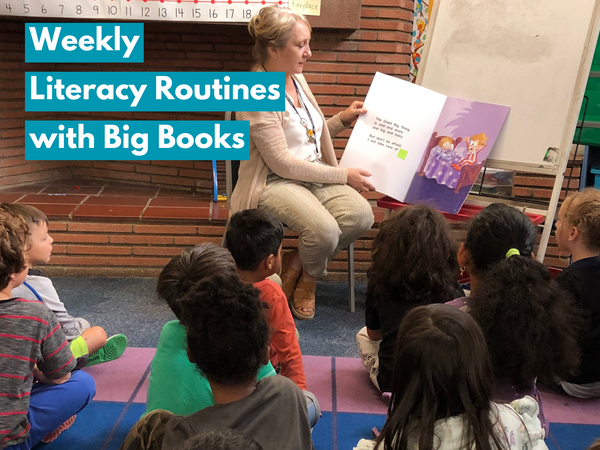
Weekly Literacy Routines with Big Books
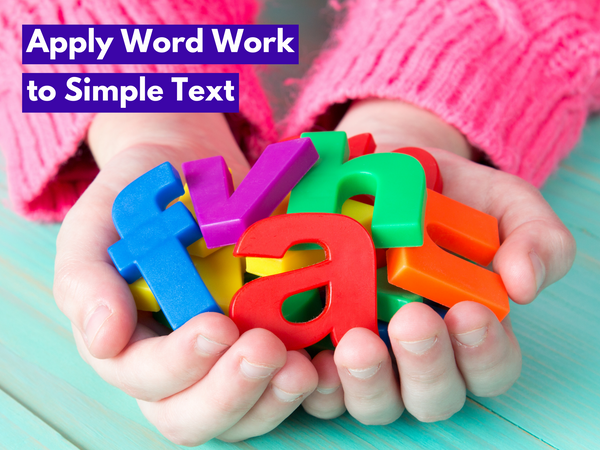
Apply Word Work to Simple Text
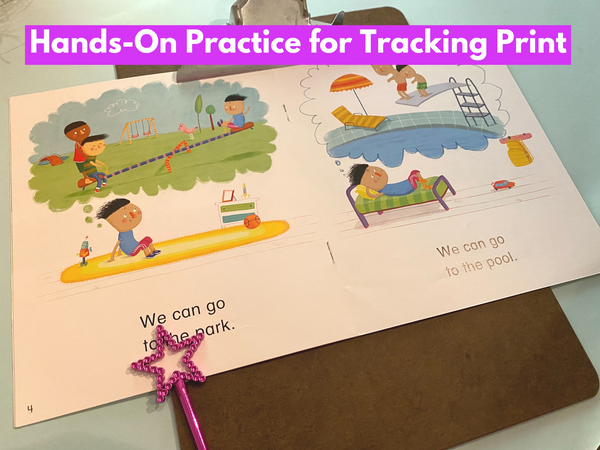
Hands-On Practice for Tracking Print
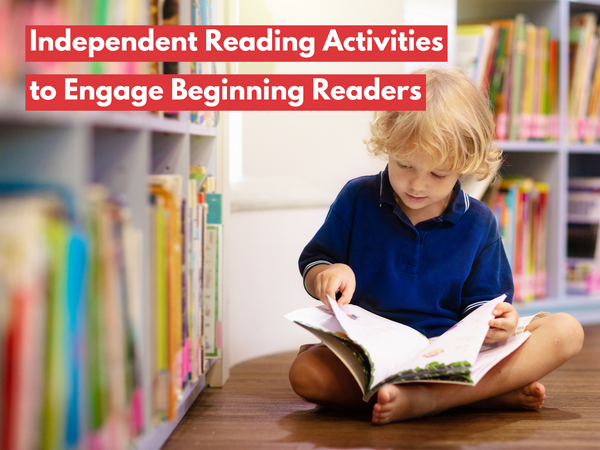
Independent Reading Activities to Engage Beginning Readers
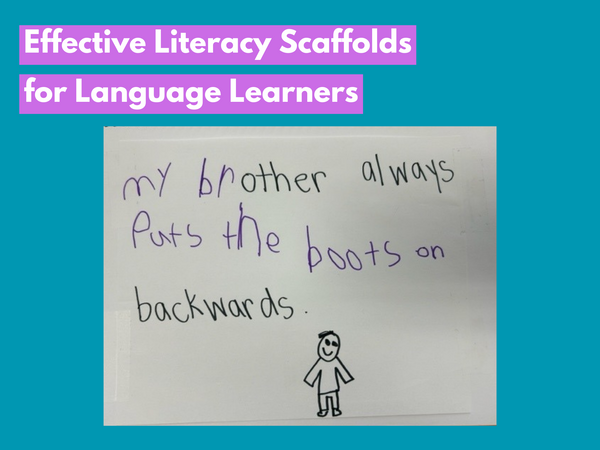
Effective Literacy Scaffolds for Language Learners
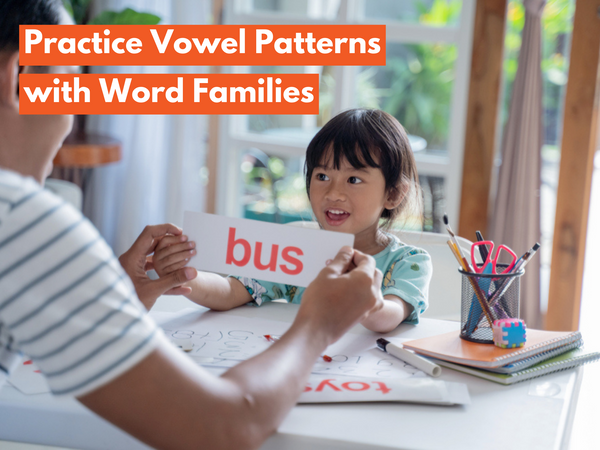
Practice Vowel Patterns with Word Families
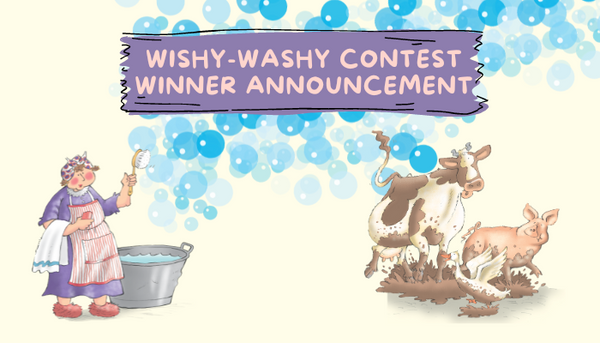
2023 Wishy-Washy Contest Winner
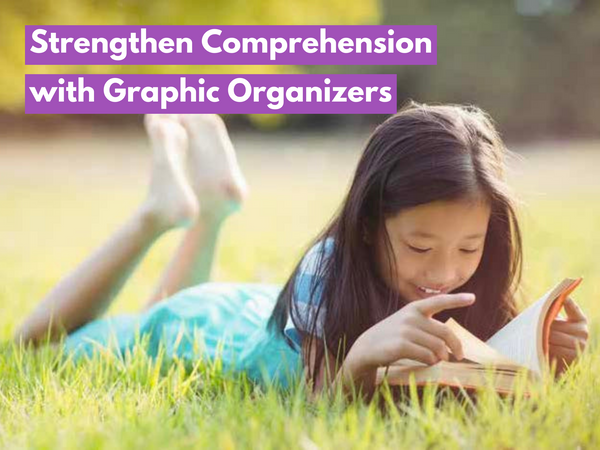
Strengthen Comprehension with Graphic Organizers
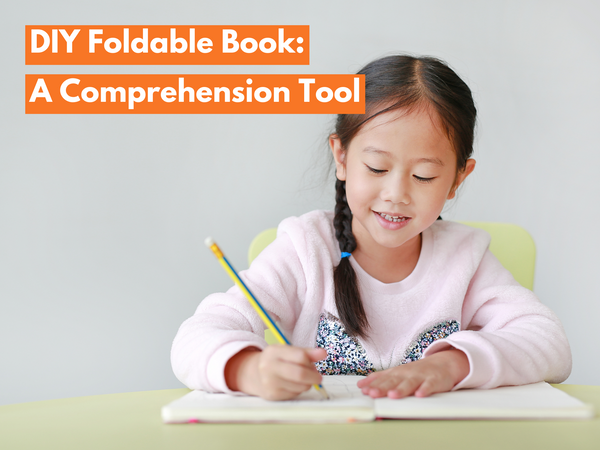
DIY Foldable Book: A Comprehension Tool
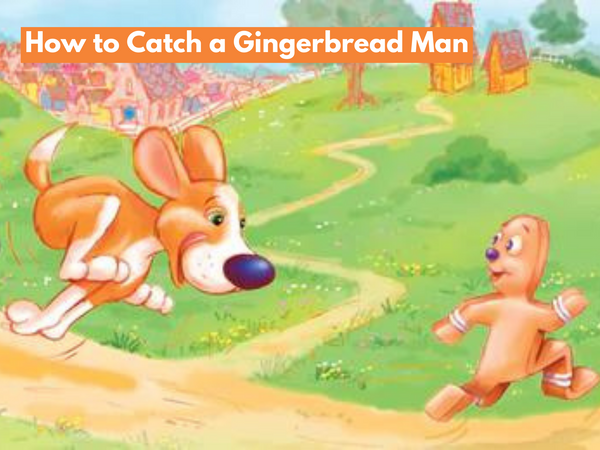
How to Catch a Gingerbread Man—with FREE Download!
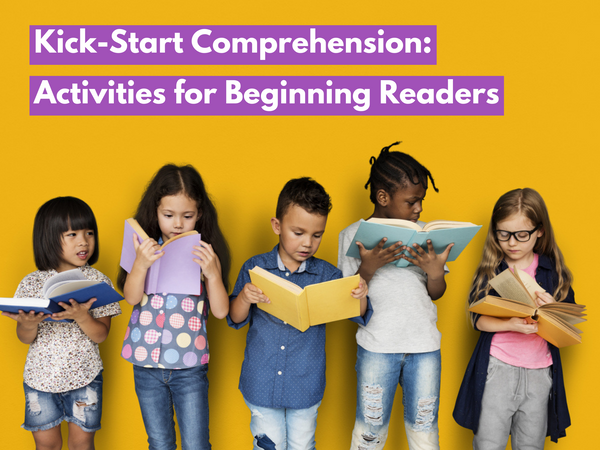
Kick-Start Comprehension: Activities for Beginning Readers
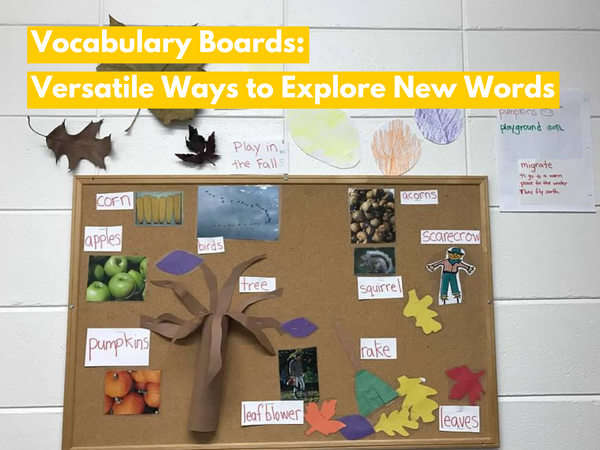
Vocabulary Boards: Versatile Ways to Explore New Words
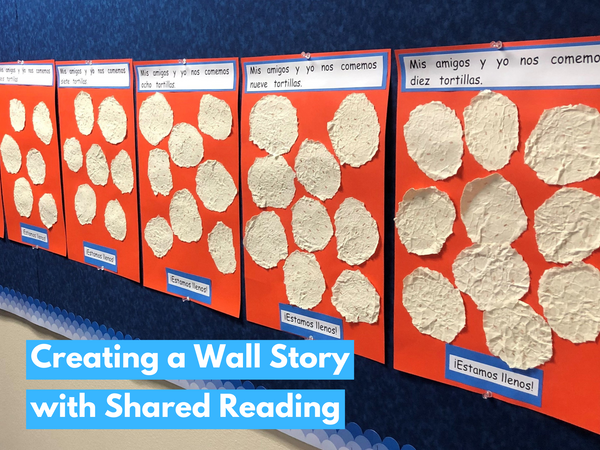
Creating a Wall Story with Shared Reading
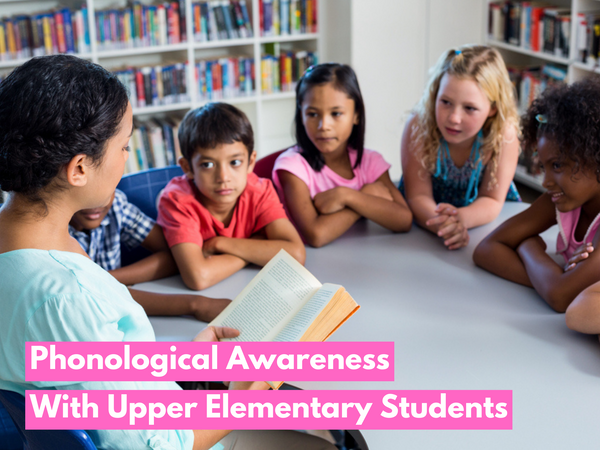
Phonological Awareness with Upper Elementary Students
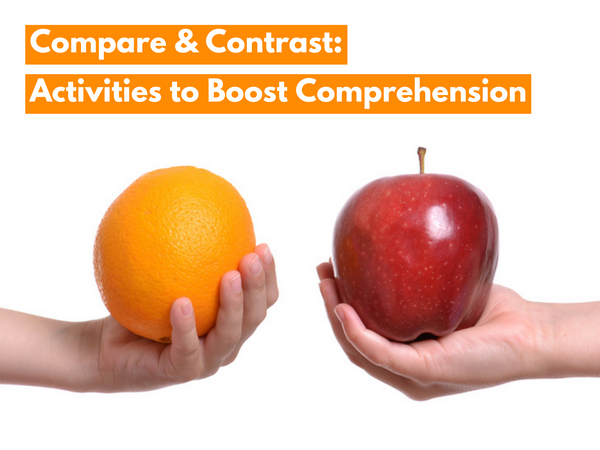
Compare & Contrast: Activities to Boost Comprehension
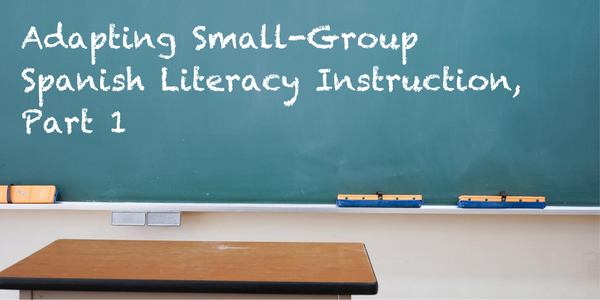
Adapting Small-Group Spanish Literacy Instruction, Part 1
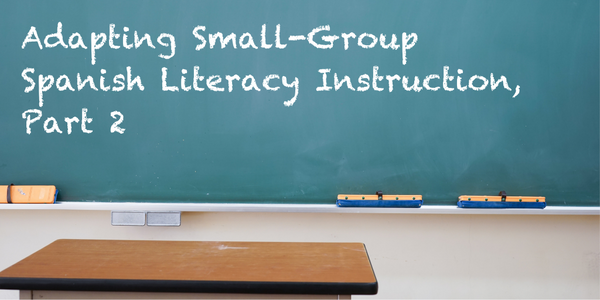
Adapting Small-Group Spanish Literacy Instruction, Part 2
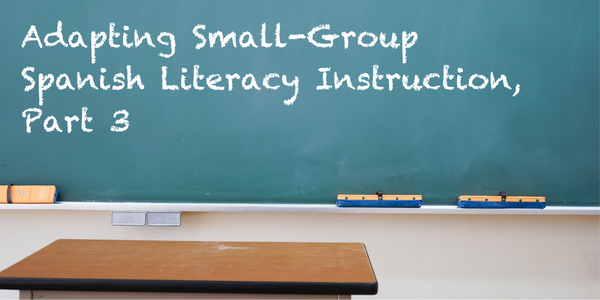
Adapting Small-Group Spanish Literacy Instruction, Part 3
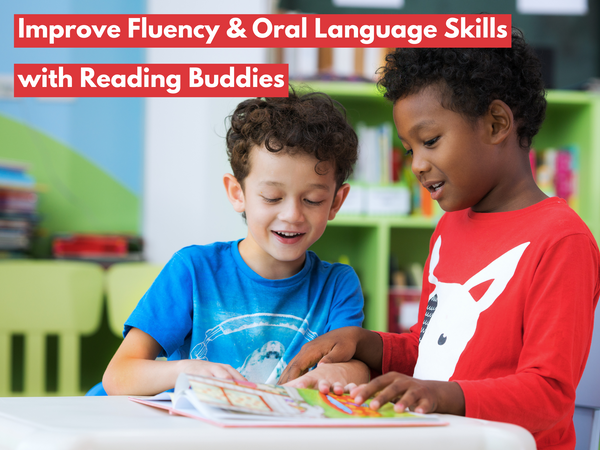
Improve Fluency & Oral Language Skills with Reading Buddies
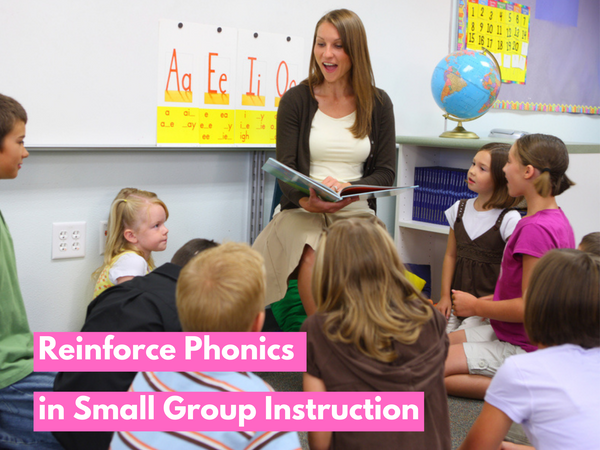
Reinforce Phonics in Small Group Instruction
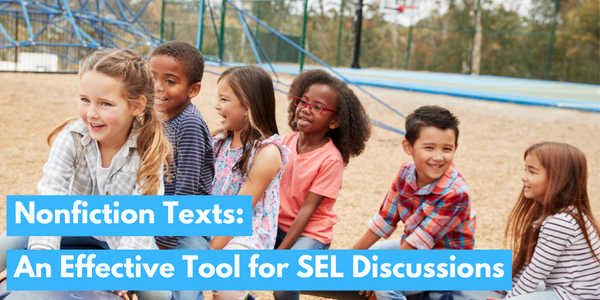
Nonfiction Texts: An Effective Tool for SEL Discussions
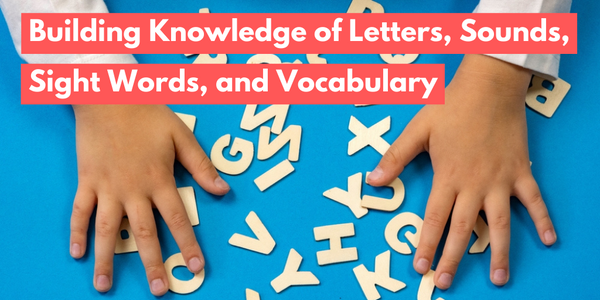
Building Knowledge of Letters, Sounds, Sight Words, and V...
Selecting nonfiction with diversity in mind.
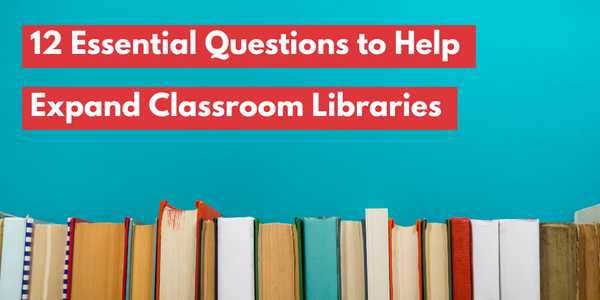
12 Essential Questions to Help Expand Classroom Libraries
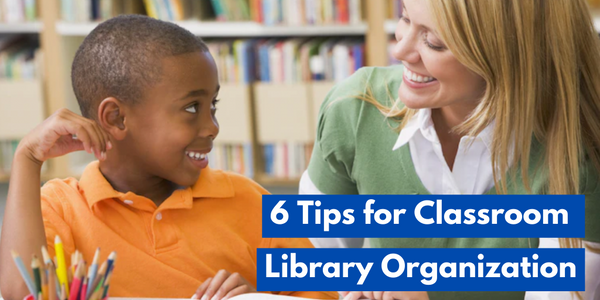
6 Tips for Classroom Library Organization
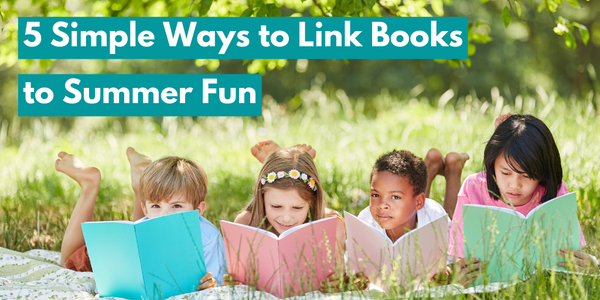
Five Simple Ways to Link Books to Summer Fun
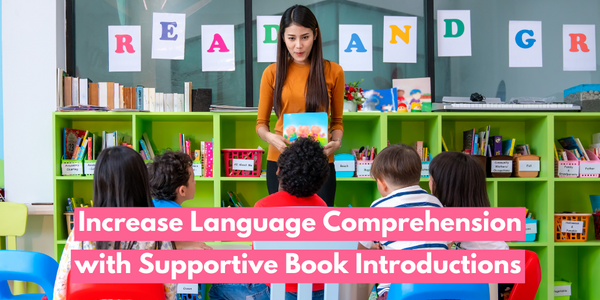
Increasing Language Comprehension with Supportive Book In...

Ideas for Inspiring Reluctant Writers in DLL
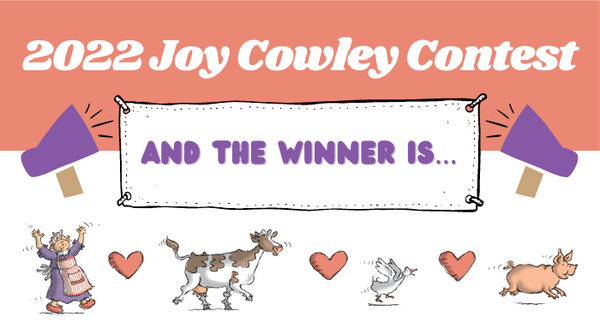
2022 Giveaway Announcement
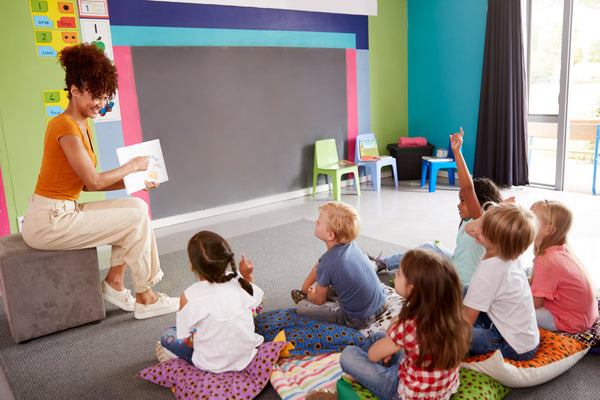
Read-Alouds Facilitate Social-Emotional Learning
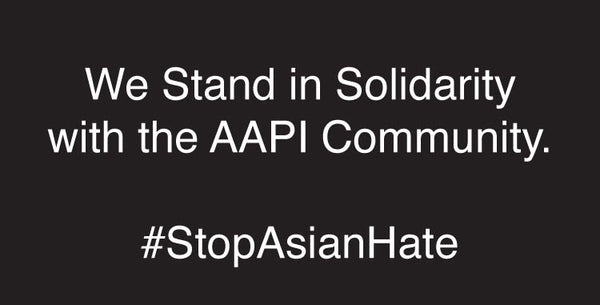
Statement | Standing in Solidarity with the AAPI Community
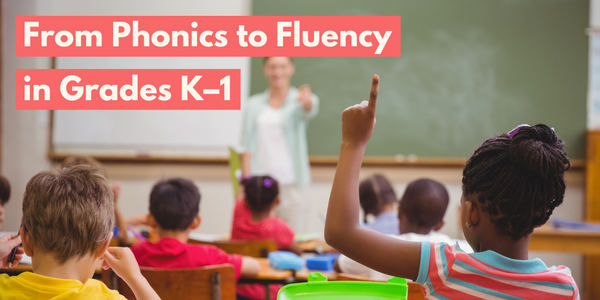
From Phonics to Fluency in Grades K–1
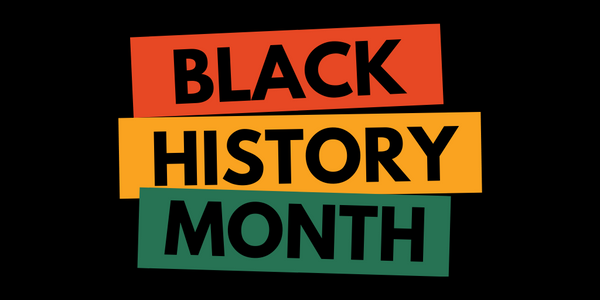
Celebrating Black History Month!
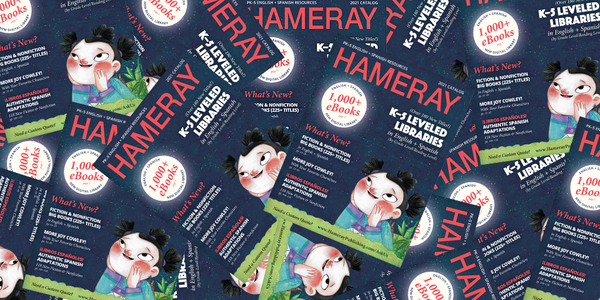
See What's New in 2021!
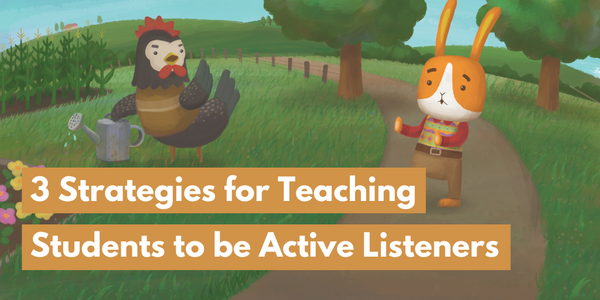
3 Strategies for Teaching Students to be Active Listeners
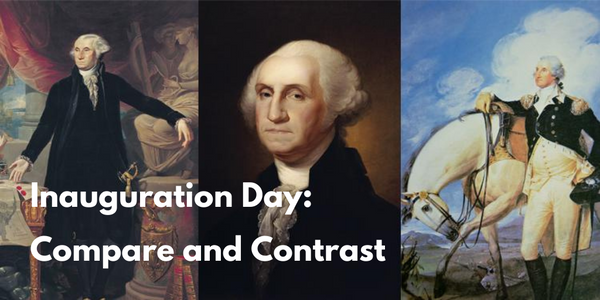
Inauguration Day: Compare and Contrast
![research writing for 1st grade 6 Fun and Easy Activities to Practice Sequencing [Grades K-1]](https://www.hameraypublishing.com/cdn/shop/articles/Red_Typographic_Announcement_Twitter_Post-5_bf1ae163-a998-4503-aa03-555b038d1b76_600x.png?v=1689961568)
6 Fun and Easy Activities to Practice Sequencing [Grades...
![research writing for 1st grade Leveraging Prior Knowledge Before Writing and Reading Practice [Grades 1–2]](https://www.hameraypublishing.com/cdn/shop/articles/Red_Typographic_Announcement_Twitter_Post-4_600x.png?v=1689961965)
Leveraging Prior Knowledge Before Writing and Reading Pra...
Kindergarten reading activities for social studies and sc....
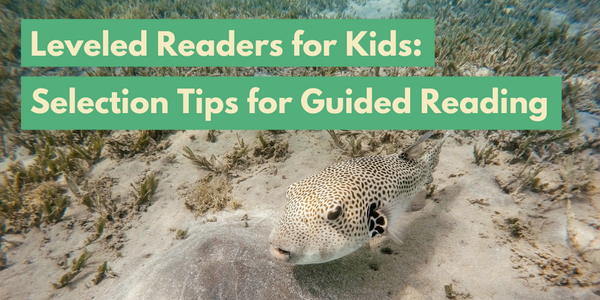
Leveled Readers for Kids: Selection Tips for Guided Reading
Reading Catalog: Reference, Research, & Writing
Catalog titles, be the first to know.
Get the latest updates on new releases, special offers, and media highlights when you subscribe to our email lists!
Sign up here for updates about the Press
- Rating Count
- Price (Ascending)
- Price (Descending)
- Most Recent
Animal research first grade writing
Resource type.
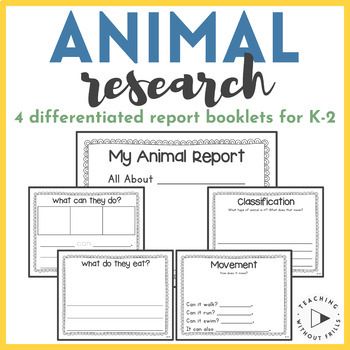
Differentiated Animal Research Report Writing for Kindergarten, 1st , 2nd Grade

Animal Research Project Report l Writing Unit l 1st , 2nd, 3rd Grade l Worksheets
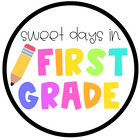
Arctic Wolf Winter Craft, Arctic Animal Research Writing Project 1st - 3rd Grade

Thanksgiving Animal Research Reading Writing Lesson Wild Turkeys 1st 2nd Grades

Animal Research Writing Pack- 1st Grade

Animal Research Project 1st Grade Graphic Organizer Informational Writing Report
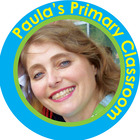
Animal Research Report and Informational Writing Kindergarten and First Grade

FIRST GRADE Writing Curriculum Animal Research Report Unit 13 Lessons & Material
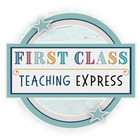
Kangaroo Animal Research Project 1st Grade Informative Writing Prompts

Arctic Polar Animals Research project 1st , 2nd, 3rd grade . writing , templates

Animal research differentiated writing support for reports 1st , 2nd grade

Animal Research Report Project Writing Template Kindergarten, 1st , and 2nd Grade

Arctic Polar Animals Research project Kindergarten 1st grade . Writing , templates
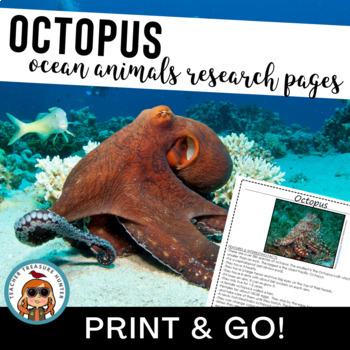
OCTOPUS Ocean Animals Research Report 1st grade second grade 3rd writing
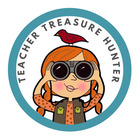
Arctic Animals Research Reading Writing Lesson Graphic Organizers 1st 2nd Grades
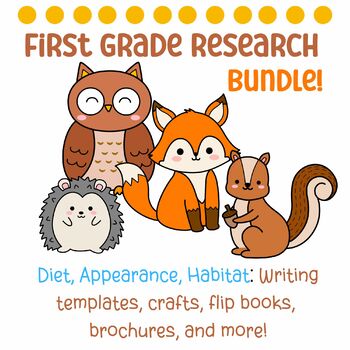
First Grade Animal Writing and Research Bundle: Woodland Animals

First Grade Animal Writing and Research Project: All About Hedgehogs
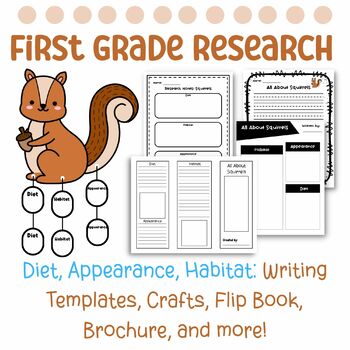
First Grade Animal Writing and Research Project: All About Squirrels
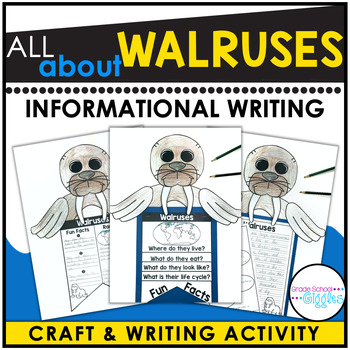
Walrus Craft, Winter Arctic Animal Craft, Research Writing Project 1st 3rd Grade
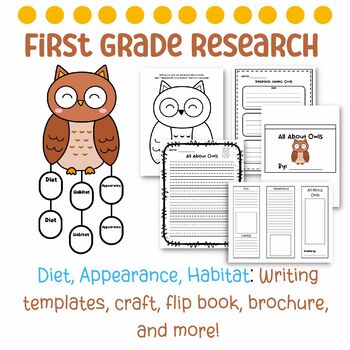
First Grade Animal Writing and Research Project: All About Owls
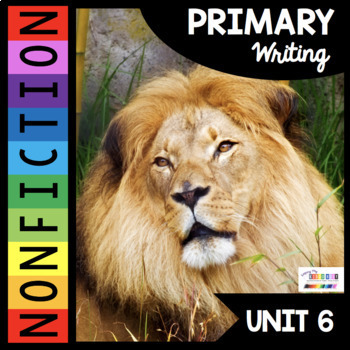
Animal Reports 1st Grade Kindergarten Reading Writing Informational Zoo Crafts

Informative writing for First Grade : All About Book

Animal Research Project Report First Grade Graphic Organizer and Template

Informative Writing | Kindergarten and First Grade Writing

- We're hiring
- Help & FAQ
- Privacy policy
- Student privacy
- Terms of service
- Tell us what you think

First Certificates in Cultural Heritage Research, Stewardship, and Restitution Awarded
In a recent milestone, Lucha Martínez de Luna, Maryan Ragheb, and Mary Anastasi—the first graduate students enrolled in UCLA’s Cultural Heritage Research, Stewardship, and Restitution program—have received their certificates. This specialized program, open to any matriculated or incoming graduate student at UCLA, is part of the newly founded Waystation Initiative at the Cotsen Institute of Archaeology. The Initiative is focused on the voluntary return of cultural objects to the communities and nations of origin.
“Students seeking to develop or expand their expertise in cultural heritage and material cultural research will find this certificate an invaluable supplement to their graduate studies,” according to Dr. Lyssa Stapleton , director of the Waystation Initiative.
The 16-unit certification program begins with a core seminar on methods for conducting historical and provenance research on cultural objects. Students are challenged to explore current ethical practices, evolving views in conservation, legal frameworks, and the multiple challenges surrounding the protection, care, and restitution of cultural heritage items.
Lab-based coursework on current techniques in artifact analysis is prioritized to provide students the opportunity to directly conduct technical studies on actively researched cultural objects. Workshops are held throughout the year to complement and extend the development of specialized skills in community engagement, collaborative research, and cultural stewardship. Finally, utilizing their new resources and skill sets, each student completes a capstone project focusing on building a complete picture of the transactional history, material composition, and authenticity of their assigned objects
Throughout the 2023-24 academic year, students worked directly with cultural objects, building skills in research and analysis while collaborating with descendant communities and cultural heritage professionals, Stapleton explained. She noted that each student in this inaugural cohort framed their experience as a natural extension of their academic pursuits and interests. All cited a strong desire to further their knowledge and expertise in contemporary, ethically grounded, and technically advanced cultural heritage stewardship as the initial draw, she added.
“The evolving field demands a collaborative approach, and students felt the program prepared them not only to tackle the intricate challenges at hand but also to help them serve as educators for other academics on the nuances involved. By integrating various research techniques, exploring legality and ethics, delving into museology studies and more, students found the program broadened their skills beyond the confines of their respective academic niches,” according to Stapleton.
Lucha Martínez de Luna emphasized that “enrolling in the certificate program allowed me to discover strategies and find solutions to work with various stakeholders interested in returning past communities' belongings to their descendants and beginning conversations about how cultural institutions can become more transparent.”
Maryan Ragheb enthusiastically recommended the certificate and highlighted the program’s relevance to their academic interests, explaining that “establishing connections to my specific area of interest has made the discussions and skills gained in the certificate program invaluable for incorporating this work into my CV and personal statements.”
Leaders of the Initiative and certificate program are proud of the hard work and dedication shown by this first group of graduate students, according to Stapleton. She sees the Initiative as “advancing new practices and training that frame the social justice objectives of Indigenous communities, involve students directly in advancing ethical standards for the stewardship of cultural heritage, and create a broad network of international professionals working towards similar goals.”
She notes that “returning objects to the nation or community of origin is a complex and time-consuming process that very few individuals are prepared to pursue when they realize they cannot donate objects directly to a museum. The Waystation temporarily stewards objects and facilitates their return, thereby providing a much-needed resolution for both individuals trying to do the right thing and for nations of origin and descendant communities who wish to be reunited with their cultural heritage,” she continued.
Her vision for the certificate program was to fill the gap in the educational space around cultural heritage and restitution, creating a network for a new generation of professionals in the sector. This includes involving students in the process of collaborating with all parties to produce creative solutions in stewardship of cultural items as they move through the ethically and legally complex process of being returned to communities or nations of origin. She underscores that the Waystation is a leading-edge initiative, “...establishing new practices and providing training to emerging professionals that cannot be obtained at any other university in the U.S.” Mary Anastasi emphasized how the courses in the program gave her a more nuanced understanding and “in particular, the certificate introduced me to cultural heritage law and the different legal agreements the US has with different countries, which affects the return of objects to a much greater extent than I originally thought.”
The need for this kind of education is a sentiment echoed by Dr. Min Li , associate professor of anthropology at UCLA, who says, “the certificate program at UCLA fills in a critical gap of provenance research and responsible returns in the field of cultural heritage studies. With the increasing emphasis on decolonization in archaeology and museum studies, tracing the objects to their origin and making proper efforts for returning them to the country/community of origin becomes an increasingly significant task for future scholars and curators.”
Acknowledging that access to this kind of interdisciplinary knowledge is often difficult due to the complex nature of the information, Li mentions the challenges faced by the Waystation to address all of these concerns in an equitable and ethical way. According to Li, the push came to “overcome these concerns by looking at the big picture. First, there is a growing desire for social justice in graduate student training…Second, there is a growing need to prepare students for non-academic career tracks, such as museum work. The program offers real experience of provenance research and collaboration with scholars and students from source countries and communities… It is impossible to deny such an opportunity to the students.”
The certificate program commences every fall, and all incoming or current UCLA graduate students who are pursuing an MA or PhD are eligible and encouraged to apply. Graduate students may take between one and three years to complete the coursework. Applications may be submitted year-round, with a maximum of ten students admitted per year. Learn more and prepare to apply to the certificate program here .

IMAGES
COMMENTS
Teaching academically honest research skills helps first graders learn how to collect, organize, and interpret information. Earlier in my career, I was told two facts that I thought to be false: First graders can't do research, because they aren't old enough; and if facts are needed for a nonfiction text, the students can just make them up.
This free report writing template includes both pages geared more towards kindergarten students and pages more suitable for 1st or 2nd grade students. You can choose the pages that work best for your child's level and writing ability. This works well for children of different ages as well. Your younger ones can use the pre-writer's pages ...
The Common Core Standards ask our 1st and 2nd grade students to "Participate in shared research and writing projects", as well as, "…gather information from provided sources to answer a question.". Our students are very capable of participating in real-world research with the appropriate scaffolds, supports, and explicit instruction.
Our Research Writing lesson plan for grades 1-2 introduces students to the concept of research writing and the importance of being factually accurate in research writing. Students practice doing basic research and writing paragraphs based on this research with their classmates. Categories: Downloadable, Language Arts Tags: 1st Grade, 2nd Grade.
When we first began teaching we remember students who squirmed with sit-at-the-desk busy worksheets and struggled over the Y is for Yak worksheet wondering why Y was the match for the first sound ...
This year, I wanted to be more involved in helping them learn how to do the actual research part, so I decided to do a mini-research project with my first graders as part of their library lessons. Step #1. I started off by asking them what they wanted to learn more about. Most of them answered with some sort of animal, so we decided that our ...
1st. 2nd. 3rd. 4th. 5th. 6th. 7th. 8th. middle-school. Subject. Fine arts Foreign language Math Reading & Writing Reading Writing Writing Process Writing Organization and Structure Genre Writing; Fiction Writing Nonfiction Writing Reflective Writing
These steps — prewriting, doing a first draft, revising their work, and editing the final piece — helps first graders learn all the important parts of writing. Research in first grade, oh my! In first grade writing there's an emphasis on kids learning to respond to questions by looking up answers to their questions.
Engage students in the research process as they prepare to write informational books about animals. 1. Bookmark this to easily find it later. Then send your curated collection to your children, or put together your own custom lesson plan. Browse 1st Grade Research Writing Educational Resources. Award winning educational materials designed to ...
Brown Bag Teacher: Organizing Research and Writing in 1st and 2nd Grade Firstieland: Best Strategies for Shared Writing in First Grade in 2021: Research to Build and Present Knowledge: W.1.8: With guidance and support from adults, recall information from experiences or gather information from provided sources to answer a question.
1st. 2nd. 3rd. 4th. 5th. 6th. 7th. 8th. middle-school. Subject. Fine arts Math Reading & Writing Reading Writing Writing Process Writing Organization and Structure Genre Writing; Fiction Writing Nonfiction Writing Reflective Writing
10 Research Writing Prompts. Research writing is an innovative way of instilling the right work ethic in kids at an early age. You can have your kids practice reviewing, researching, and fact-checking when they prepare their writing prompts. The best 1st grade writing prompts are research-driven ones that require extensive analysis and ...
Explore printable Research Writing worksheets for 1st Grade Research Writing worksheets for Grade 1 are an essential tool for teachers looking to develop their students' reading and writing skills. These worksheets focus on building a strong foundation in nonfiction writing, which is a critical component of a well-rounded education. ...
1st Grade Writing & Research. After wrapping-up our how-to writings in March, our 1st grade team partnered with our Computer Lab teacher to work on animal research projects. As a part of read-to-self, students began researching their chosen animal - habitats, diet, etc. After researching, students brought their new learning to my teacher ...
Looking at Writing: First Grade. First graders write many times a day to express their ideas and interests — they are writing with a purpose, through, stories, letters, and lists. They can print clearly and leave spaces between words. Children in first grade are able to write simple but complete sentences, and they are beginning to understand ...
This W.1.7 and W.1.8 first grade research writing unit includes lesson plans, writing prompts, writing papers, rubrics, graphic organizers, and assessments perfect for making your Research Writing unit a breeze. It gives them practice and ample ways to practice researching and writing. 5 Lessons-There are 5 lesson plans, which can be spread out ...
Learning about animal habitats in first grade is always a fun and exciting activity. Students love learning about different animals and this lesson makes it even more engaging when they get to build their own habitat! For this lesson, I told my students they would be choosing an animal to research and write about.
I have created an "All About Hedgehogs" animal writing and research project for you to use in a First Grade research writing unit! I have included note-taking, rough draft, and final draft templates as well as an article template, brochure template, a craft, and a flip book that your students can each make with the facts they gather from their animal research!Included:-Craft pieces, article ...
Teach Simple September 7, 2022. First grade writing rubrics are helpful tools for both you and your students when introducing an assignment and what is expected. They clearly outline what is to be included in the paragraph and will function as a reference for the students as they are writing. To introduce rubrics to first grade students, start ...
Here it is! This is what you need if you are a 1st grade teacher and plan on teaching informational writing. This HUGE 134 page product contains detailed lesson plans on All About Writing, All About Writing with Research, and How-To Writing. All the information you need to be successful is in t...
First Grade Reading, Writing, and Foundational Skills Year At-A-Glance Overview Developing foundational literacy skills is a priority in first grade. These skills include phonological and phonemic awareness, print awareness, phonics, fluency, ... Research Essay 15 days 1.FFR.3(A,B) Phonics and Word Analysis 1.DSR(A,D) Developing Skilled Readers ...
This open-ended worksheet inspires students to research fascinating inventors! This creative worksheet inspires students to think of themselves as artists! Use this open-ended writing activity to assess your students' abilities to write informational texts and include appropriate text features. Students are asked to write about a topic of ...
Begins in grade 2. Vocabulary Acquisition and Use . L.1.4 grade 1 reading and content, choosing flexibly from an array of strategies. L.1.4.a Use sentence-level context as a clue to the meaning of a word or phrase. L.1.4.b Use frequently occurring affixes as a clue to the meaning of a word. L.1.4.c looked, looking). L.1.5 nuances in word ...
Kid Writing in the 21st Century authors Richard Gentry, Eileen Feldgus, and Isabell Cardonick have been featured in a guest post over on the Psychology Today blog. The post details some of the research-based, classroom-tested practices and strategies that have been shown to help kids learn to write. Here's an excerpt from the post: 1. Use invented spelling. We found invented spelling to be ...
for help with writing, research, and personal issues. Tutoring and Help with Writing The university offers writers in the First-Year Writing Program a wide range of services at different locations across campus. The UGA Writing Center . The UGA Writing Center provides support to allUGA writers on any writing project, at any stage of the process.
Reading Catalog: Reference, Research, & Writing Catalog Titles. Sort By. Change display to Grid Change display to List Filter by University of ... Be the first to know. Get the latest updates on new releases, special offers, and media highlights when you subscribe to our email lists! ...
In a selected Western Cape school, Grade 11 isiXhosa First Language (L1) learners' written language presents errors which seem to be an indication of both their poor linguistic competence and learning performance. Their writing not only reflects various orthographic errors, but also inconsistency in their isiXhosa usage.
This guide was written by participants of the Critical AI Literacy for Reading, Writing, and Languages Workshop, an initiative of the MLA-CCCC Task Force on Writing and AI. While GenAI (generative artificial intelligence) tools appear to work instantaneously, almost like magic, they rely on immense amounts of data and computing functions. GenAI is the product …
Kindergarten and First Grade students will practice descriptive, informational writing and research a favorite animal at the same time! They choose ANY animal, and write facts about its appearance, its habitat, and what it eats.Easy to differentiate with. Includes:⭐version with prompts as shown in the thumbnails⭐version with blank linesWhat makes this product so fun and engaging is that on ...
In a recent milestone, Lucha Martínez de Luna, Maryan Ragheb, and Mary Anastasi—the first graduate students enrolled in UCLA's Cultural Heritage Research, Stewardship, and Restitution program—have received their certificates. This specialized program, open to any matriculated or incoming graduate student at UCLA, is part of the newly founded Waystation Initiative at the Cotsen Institute ...